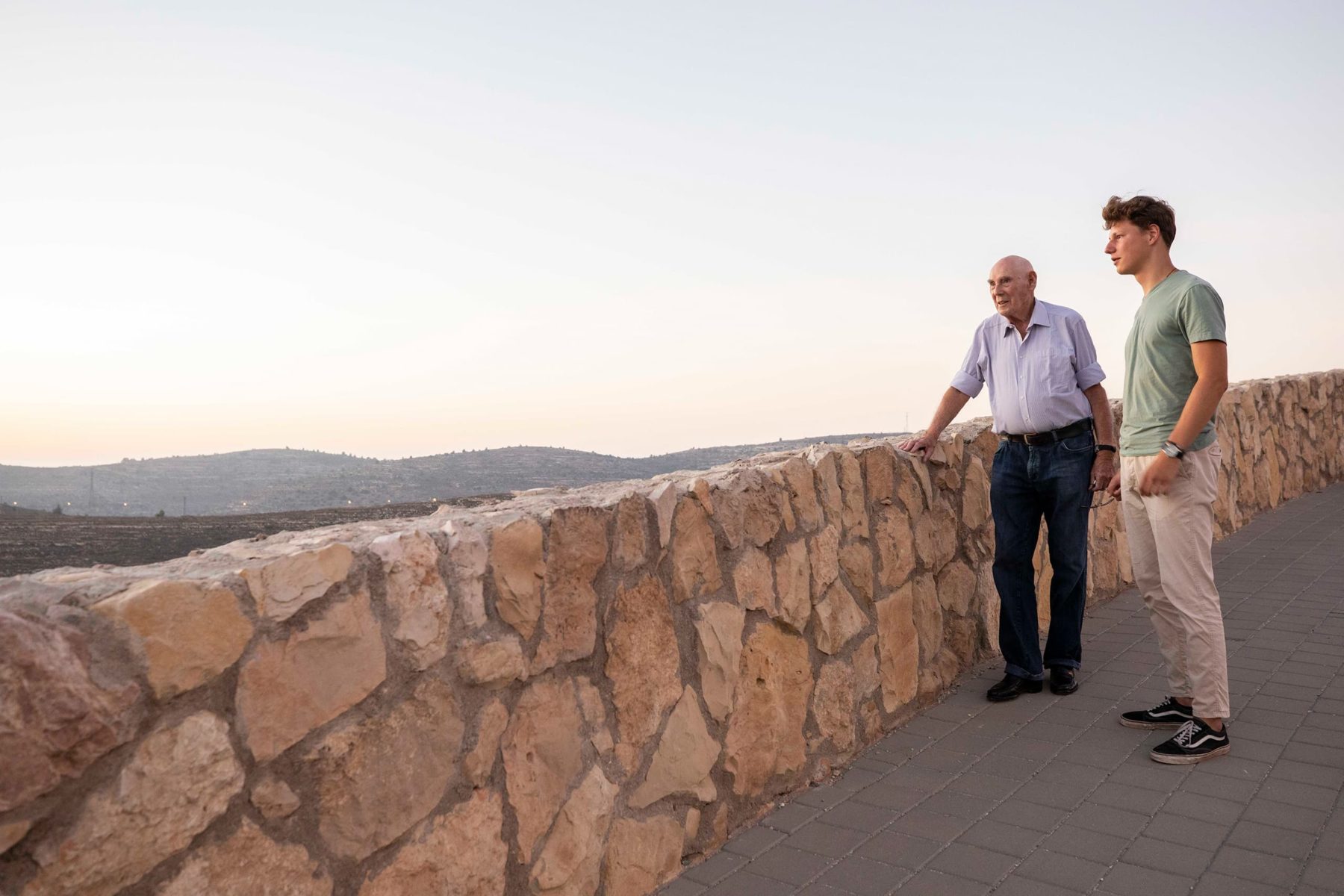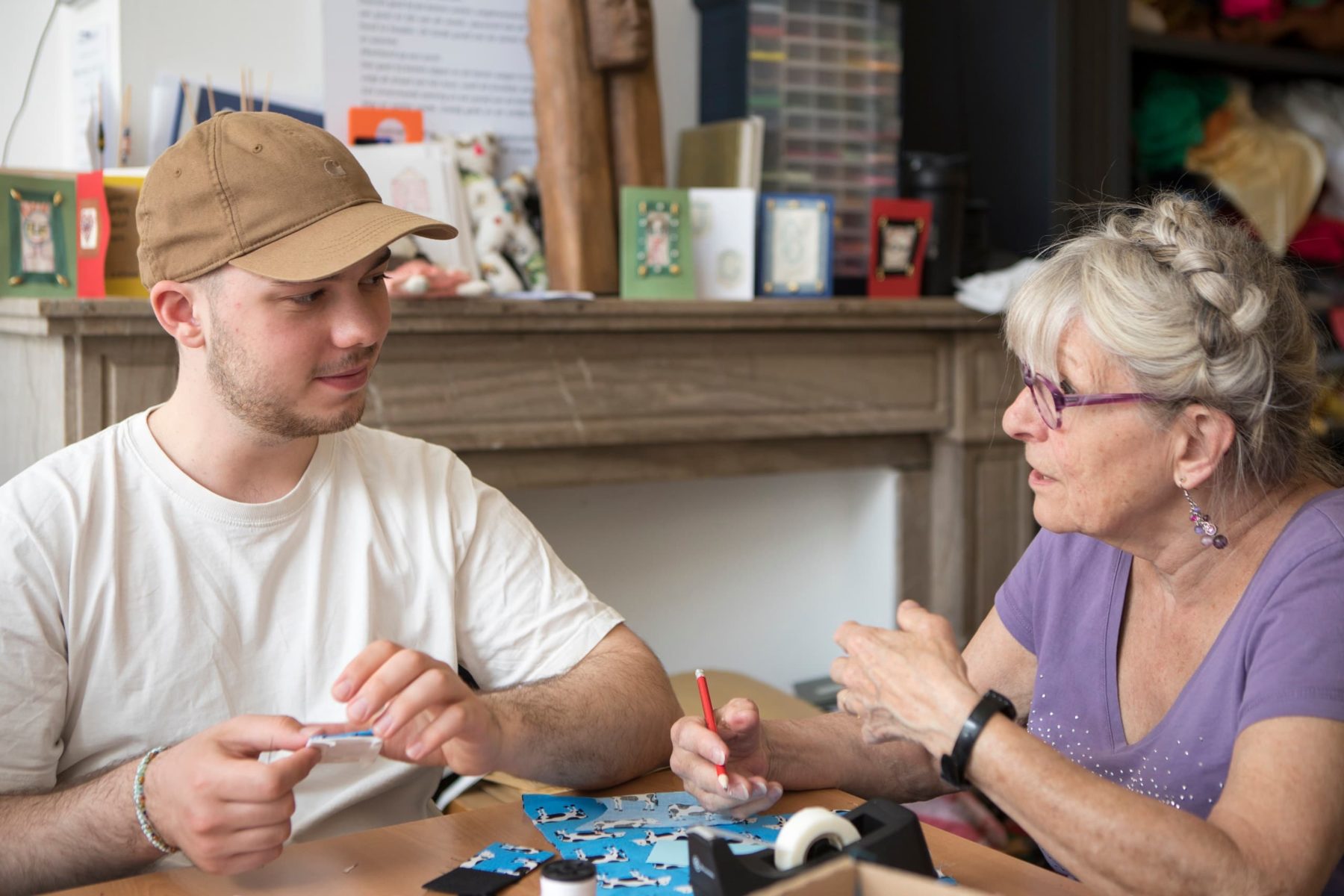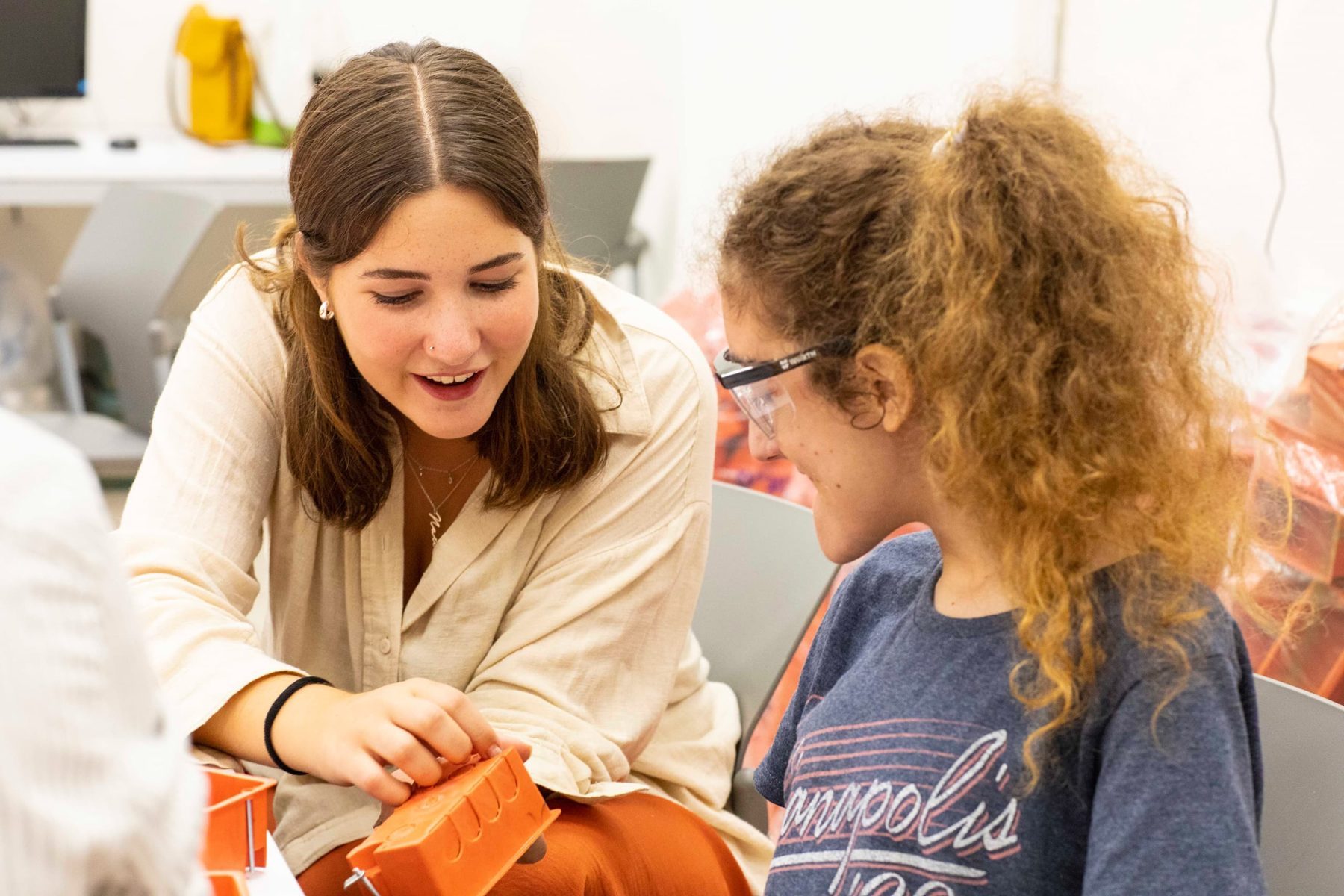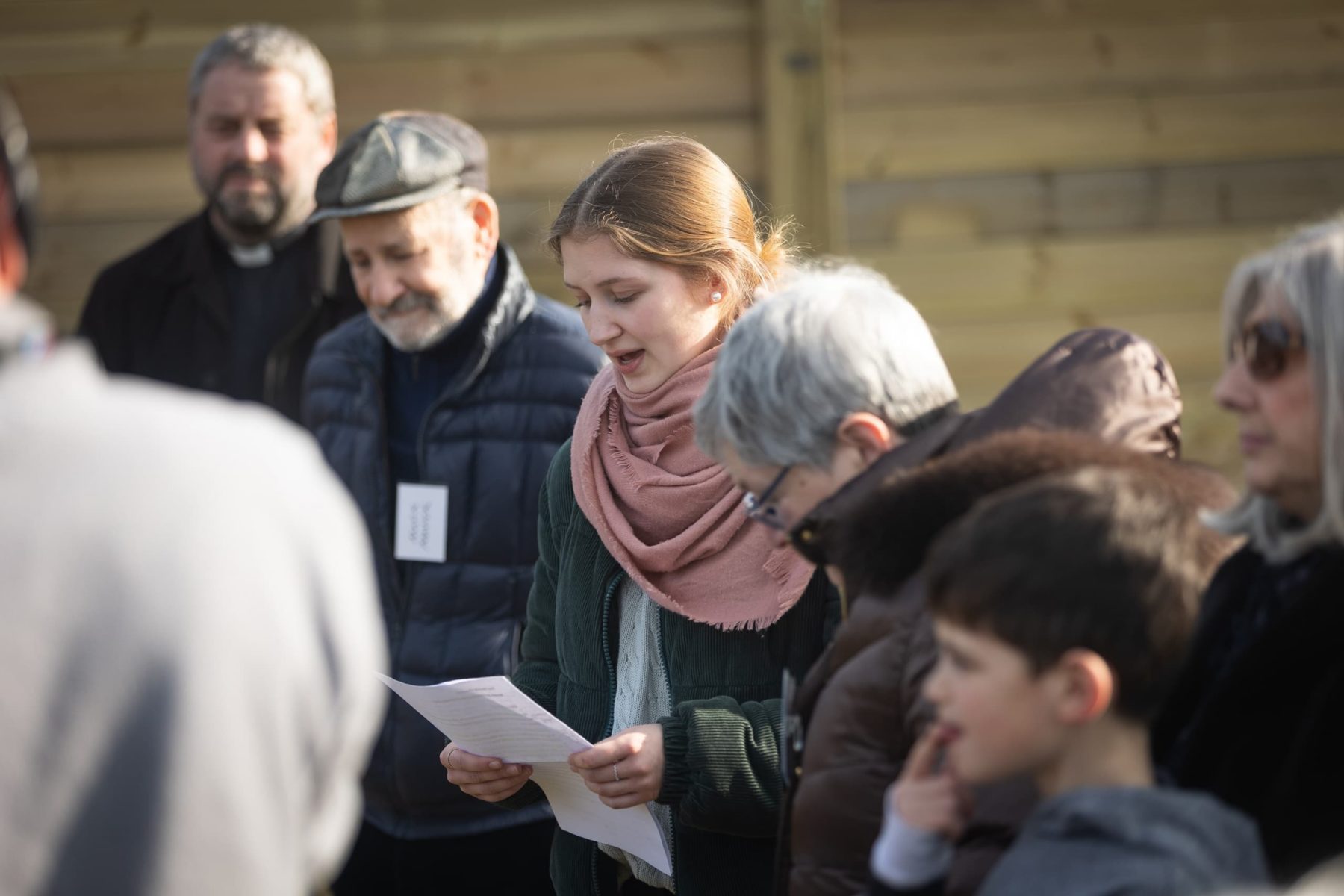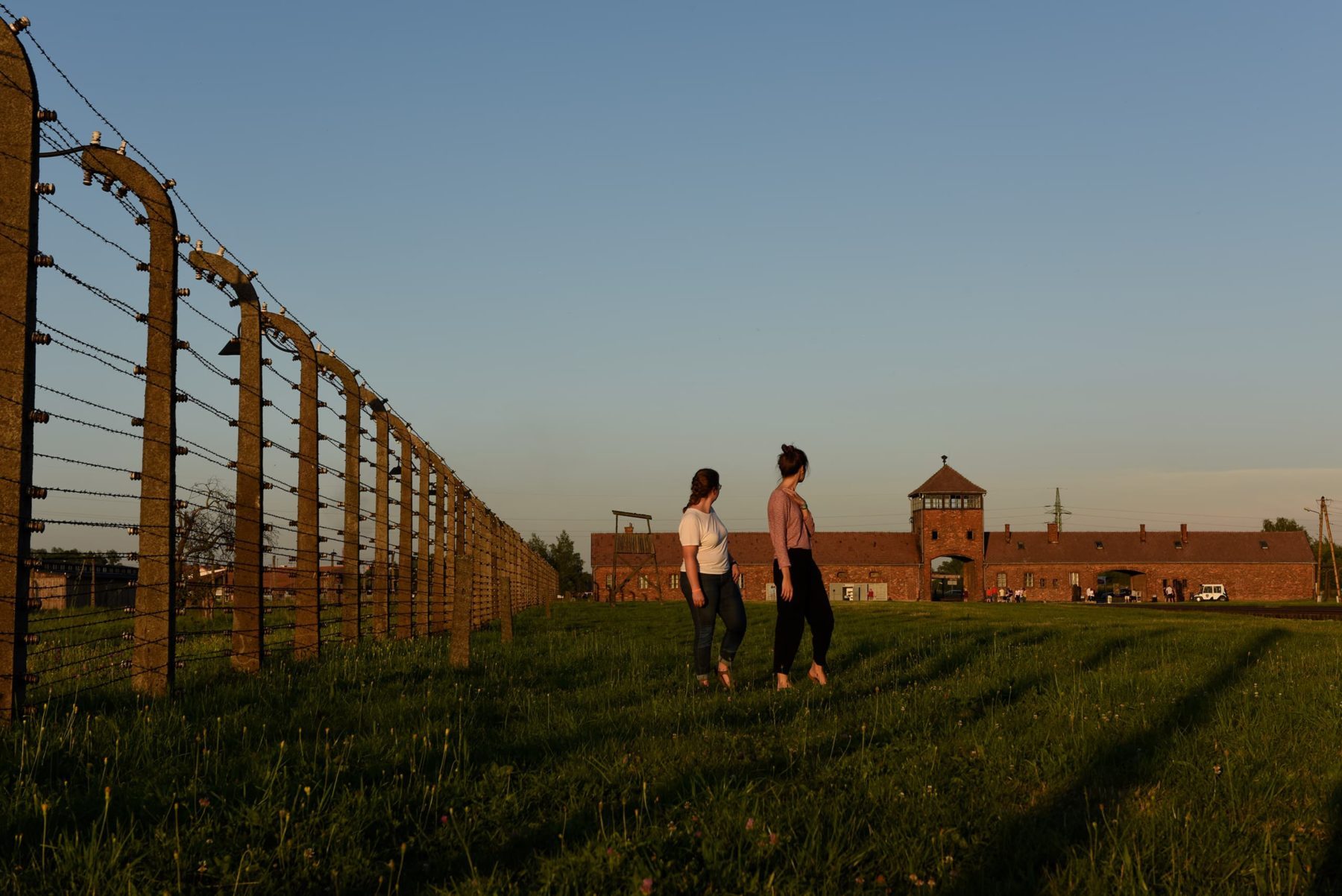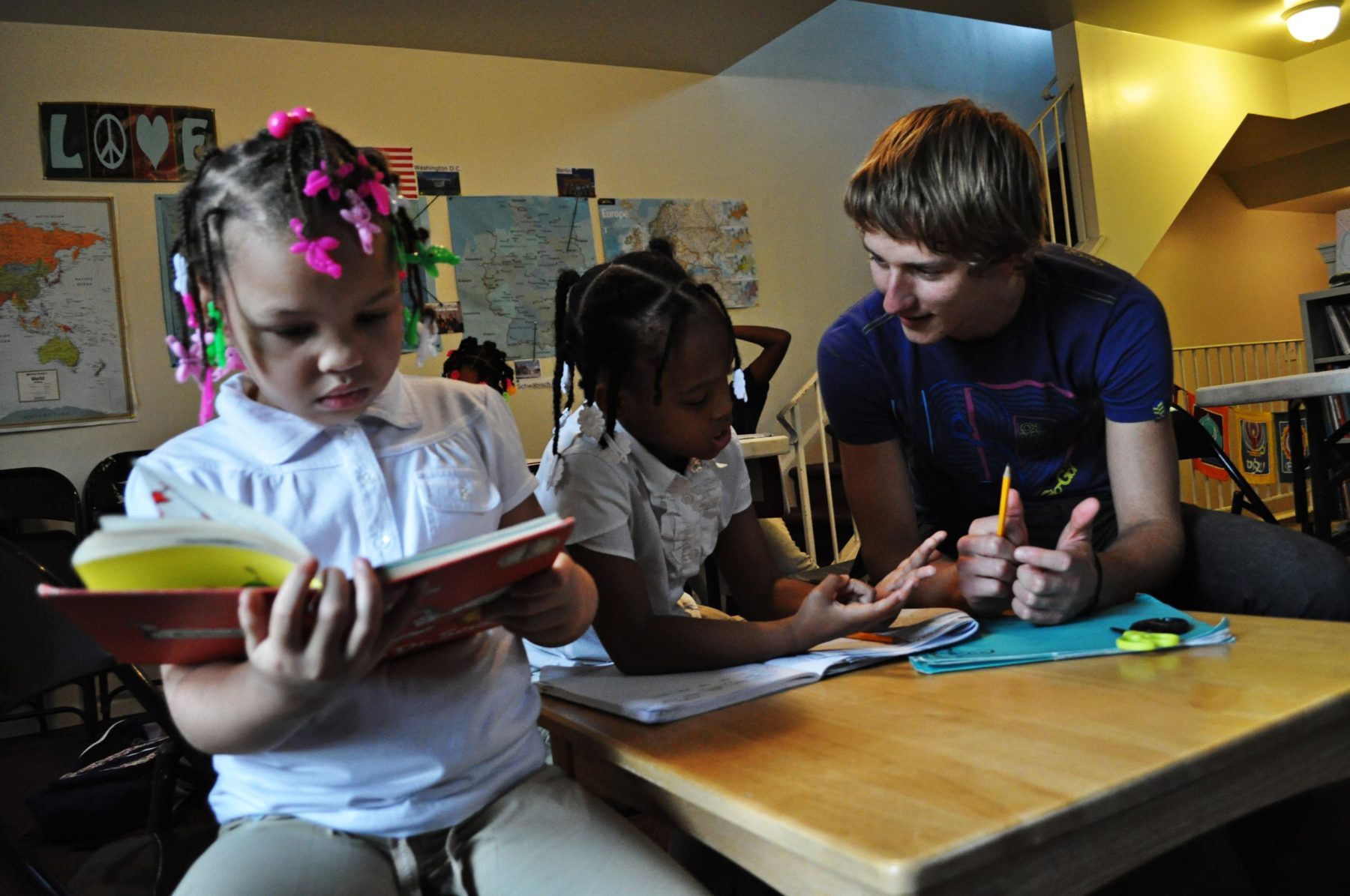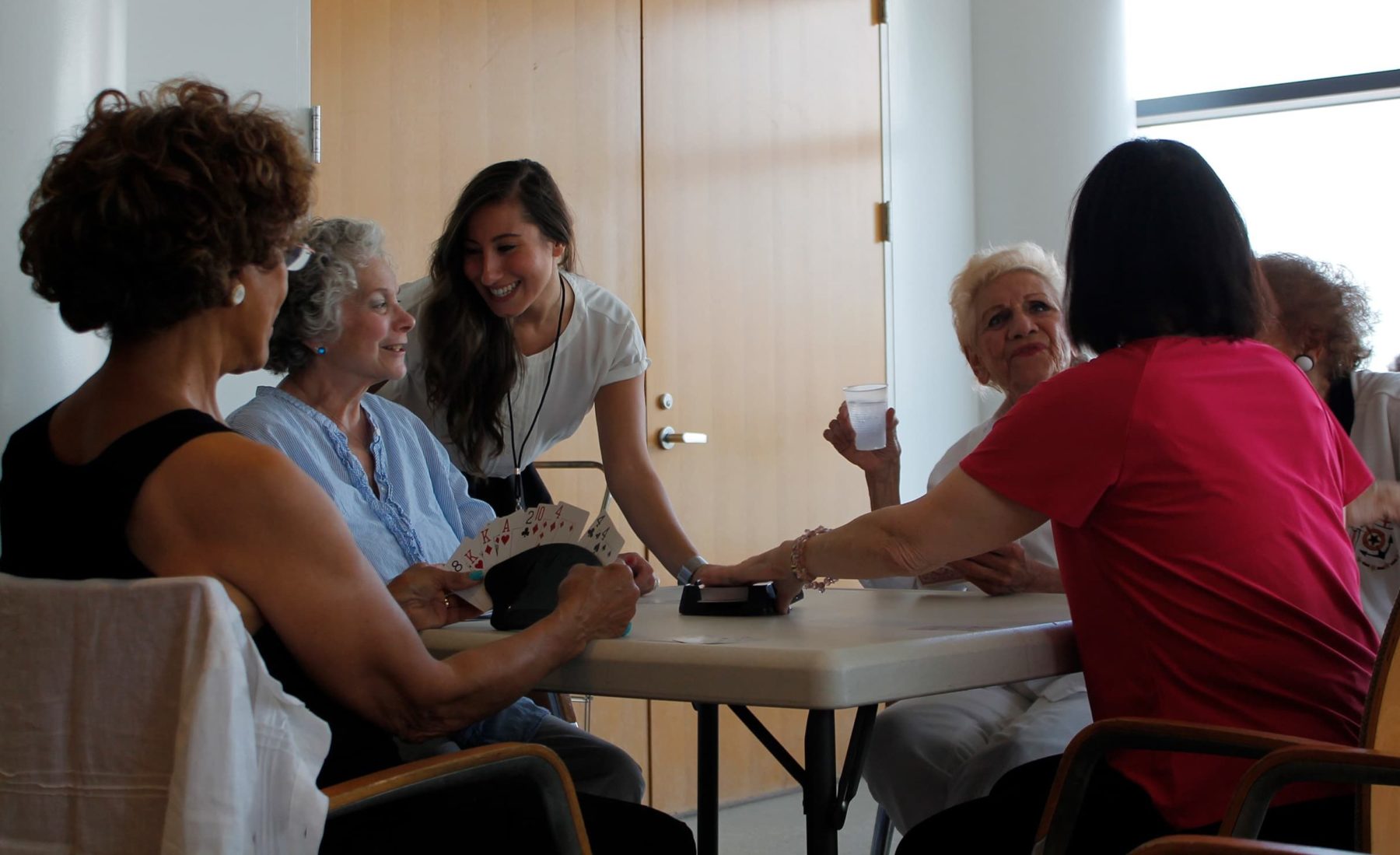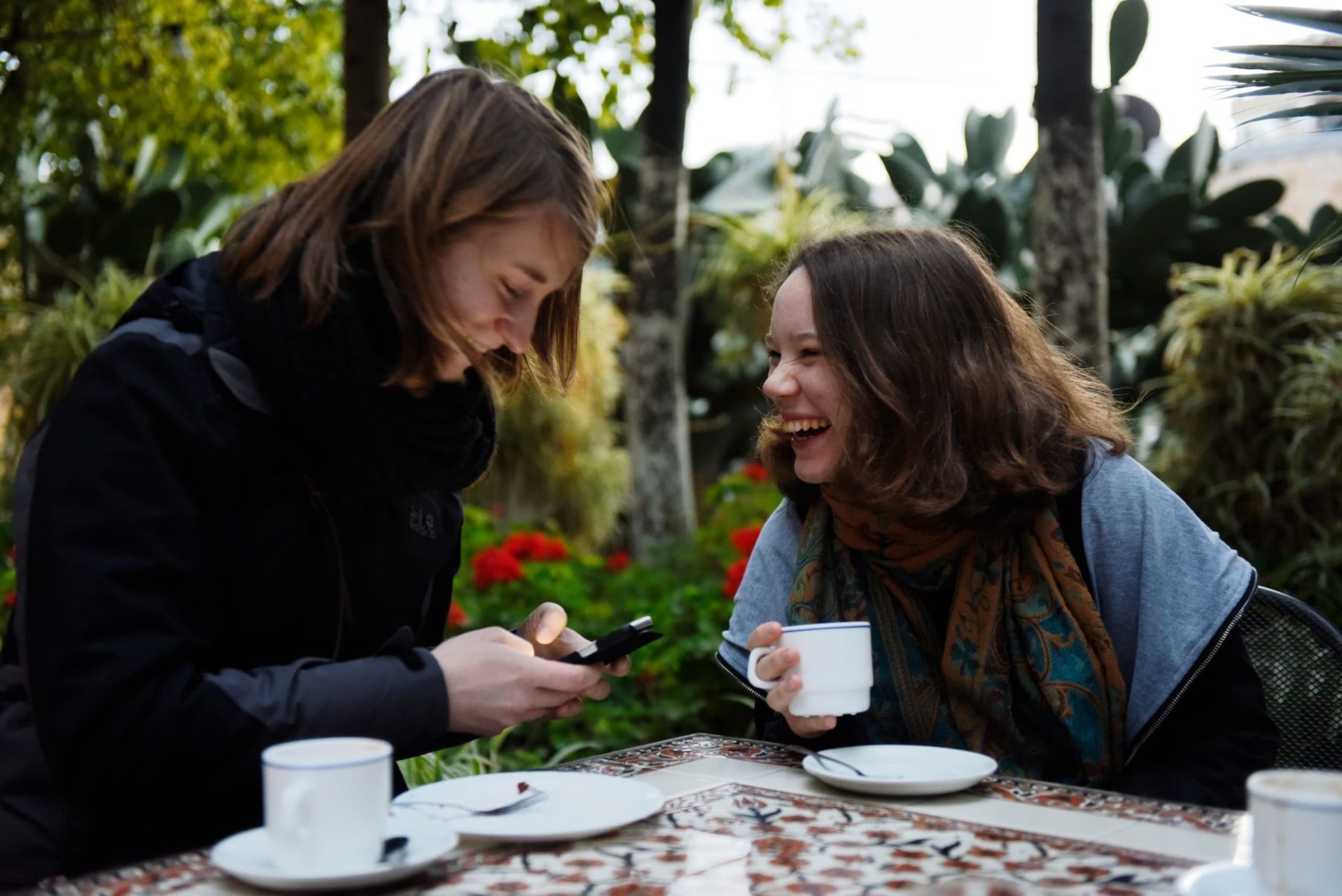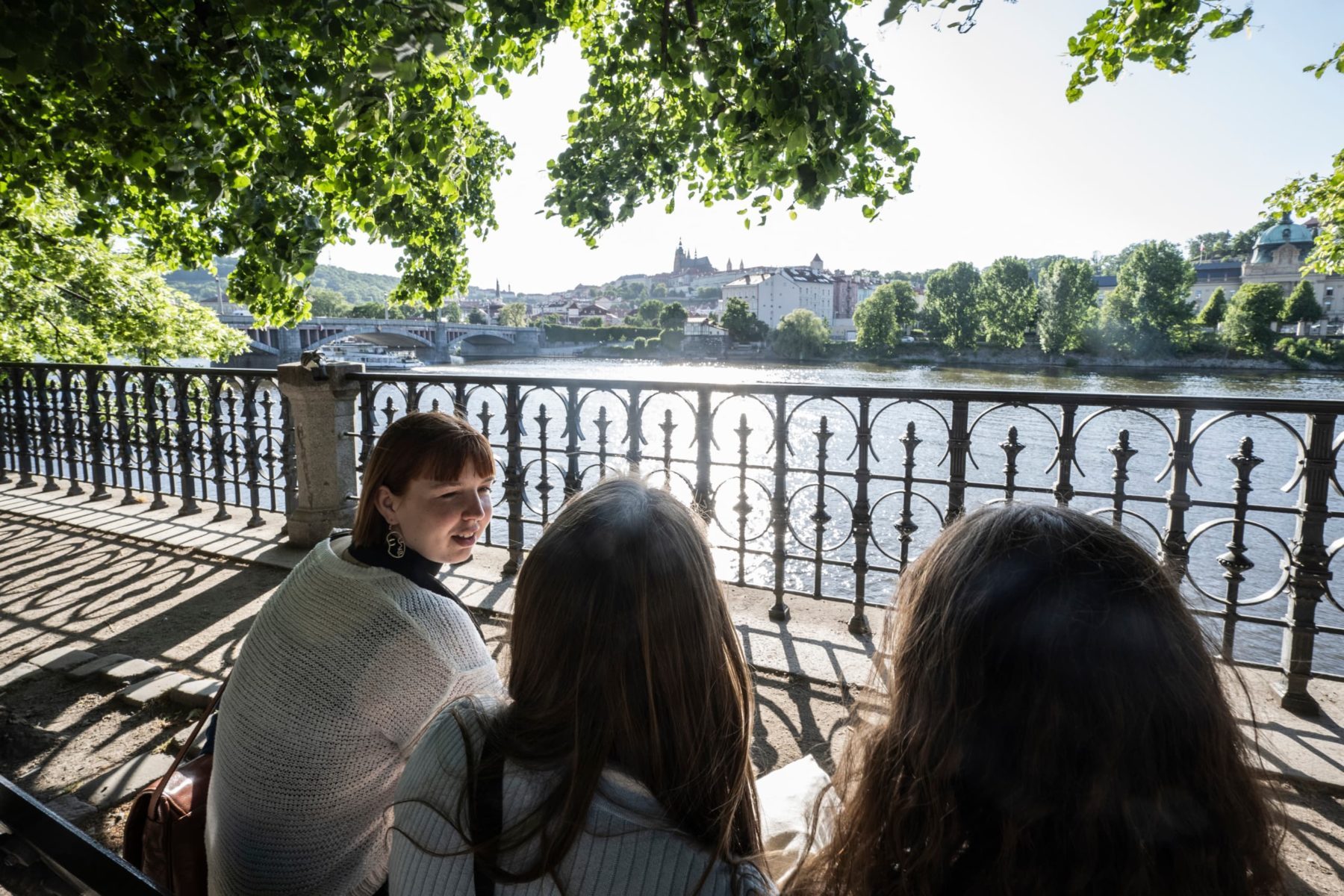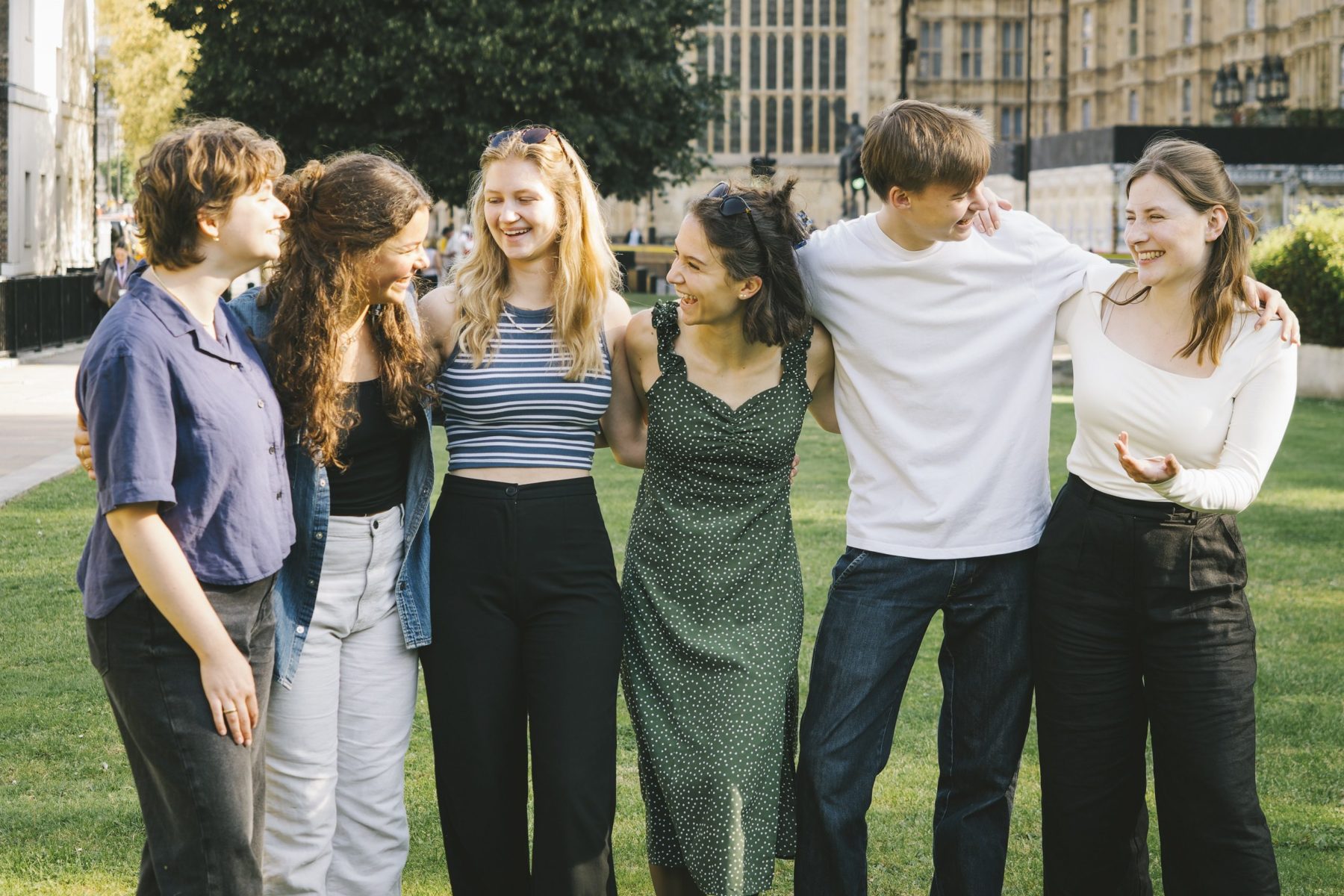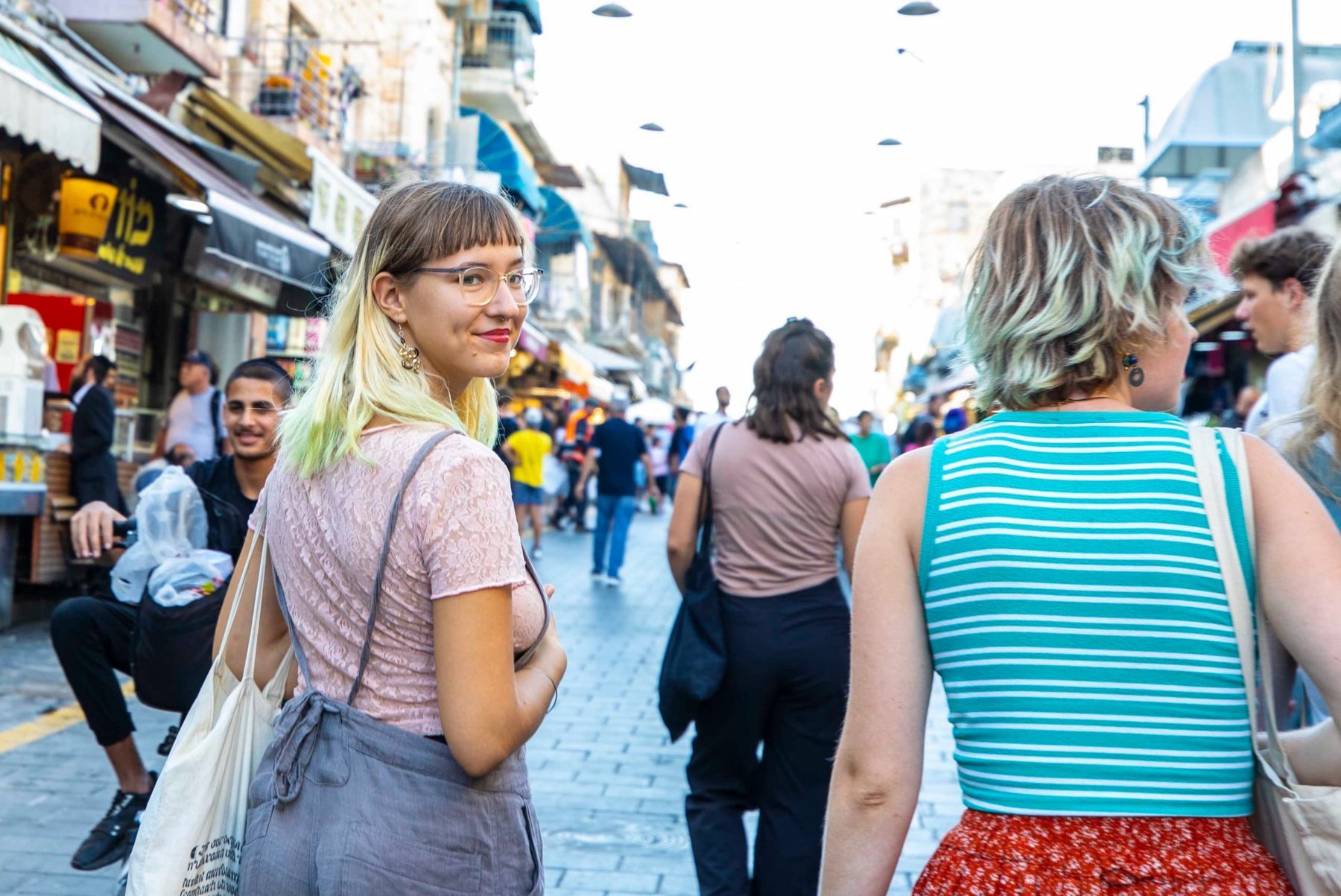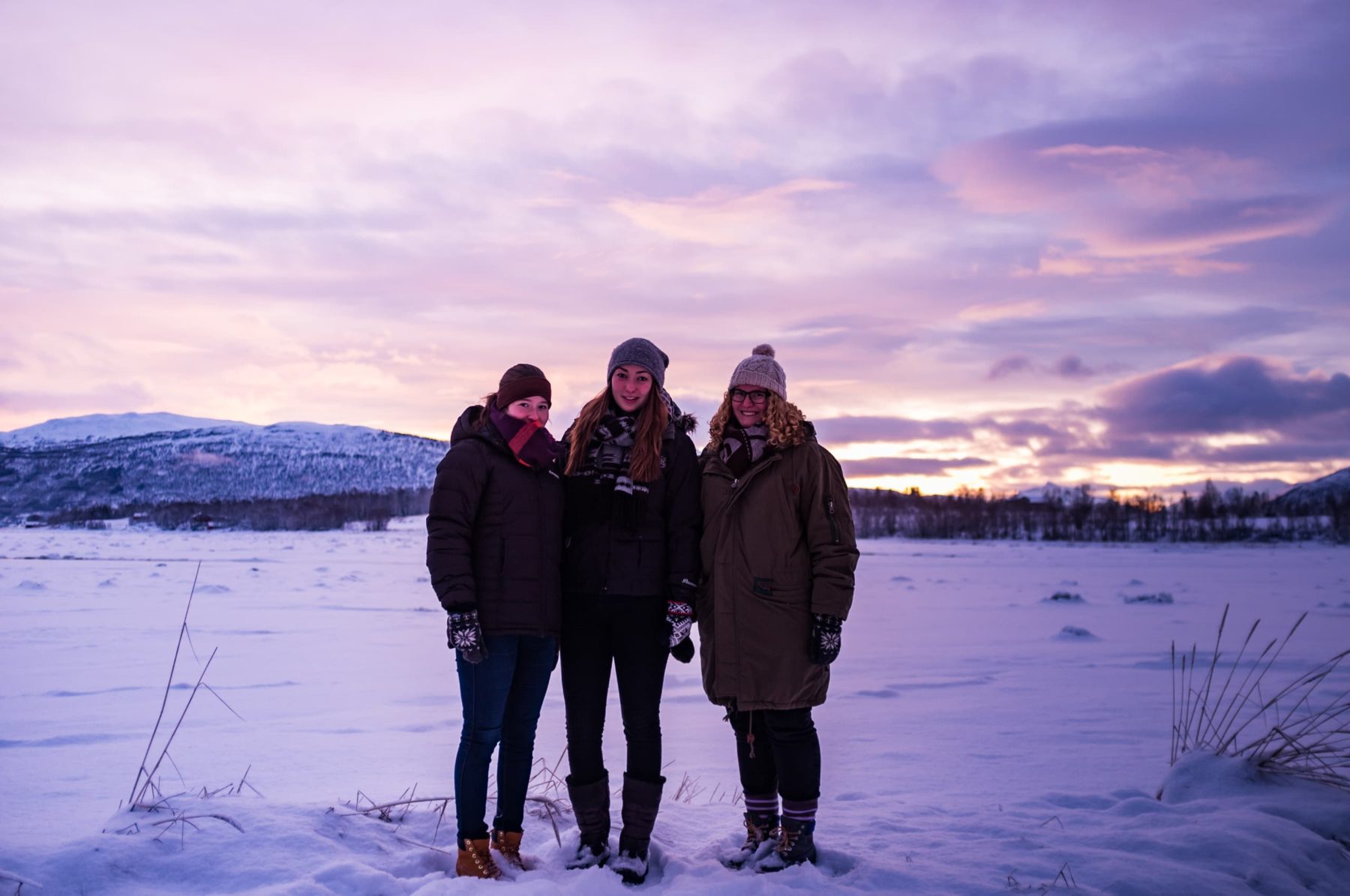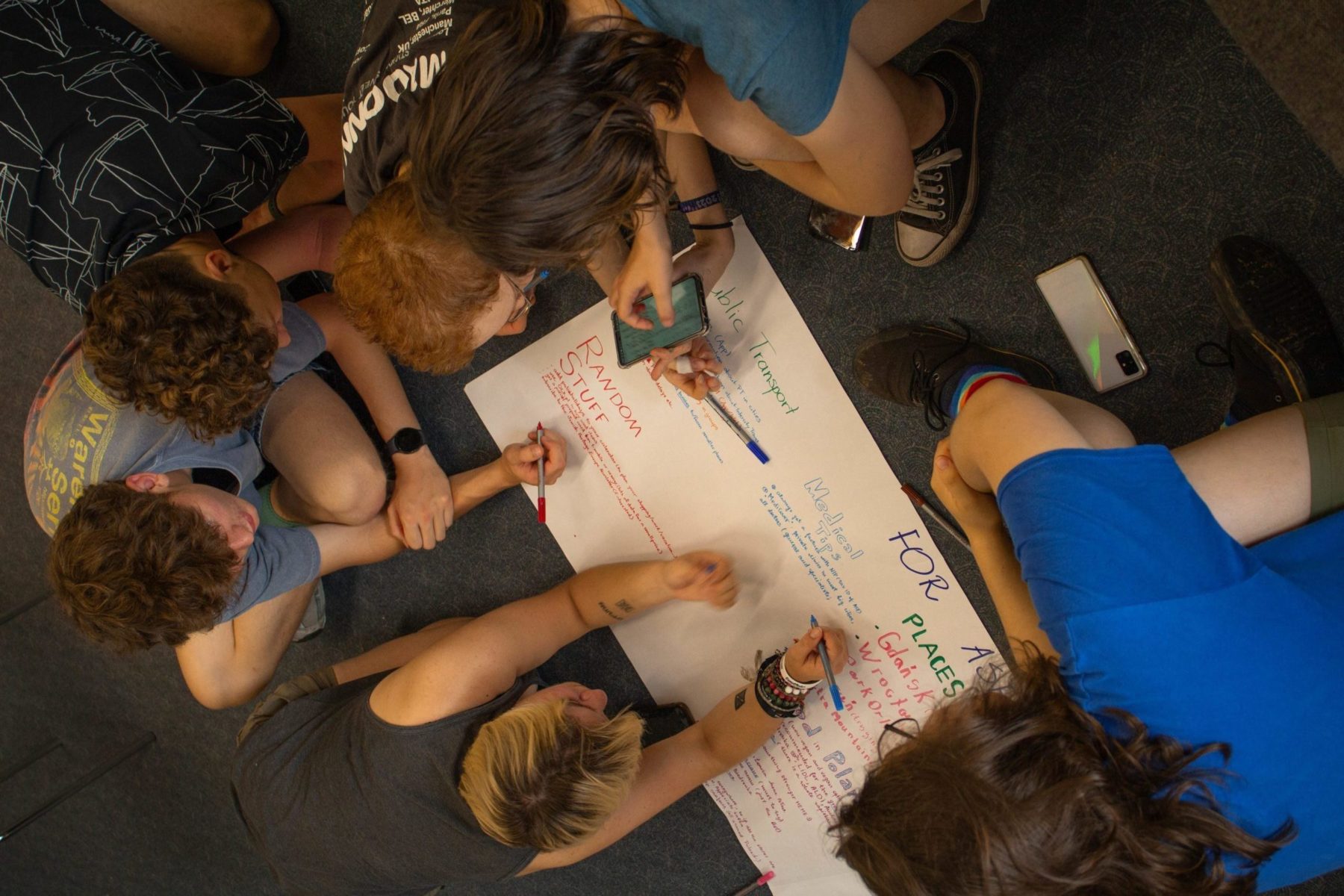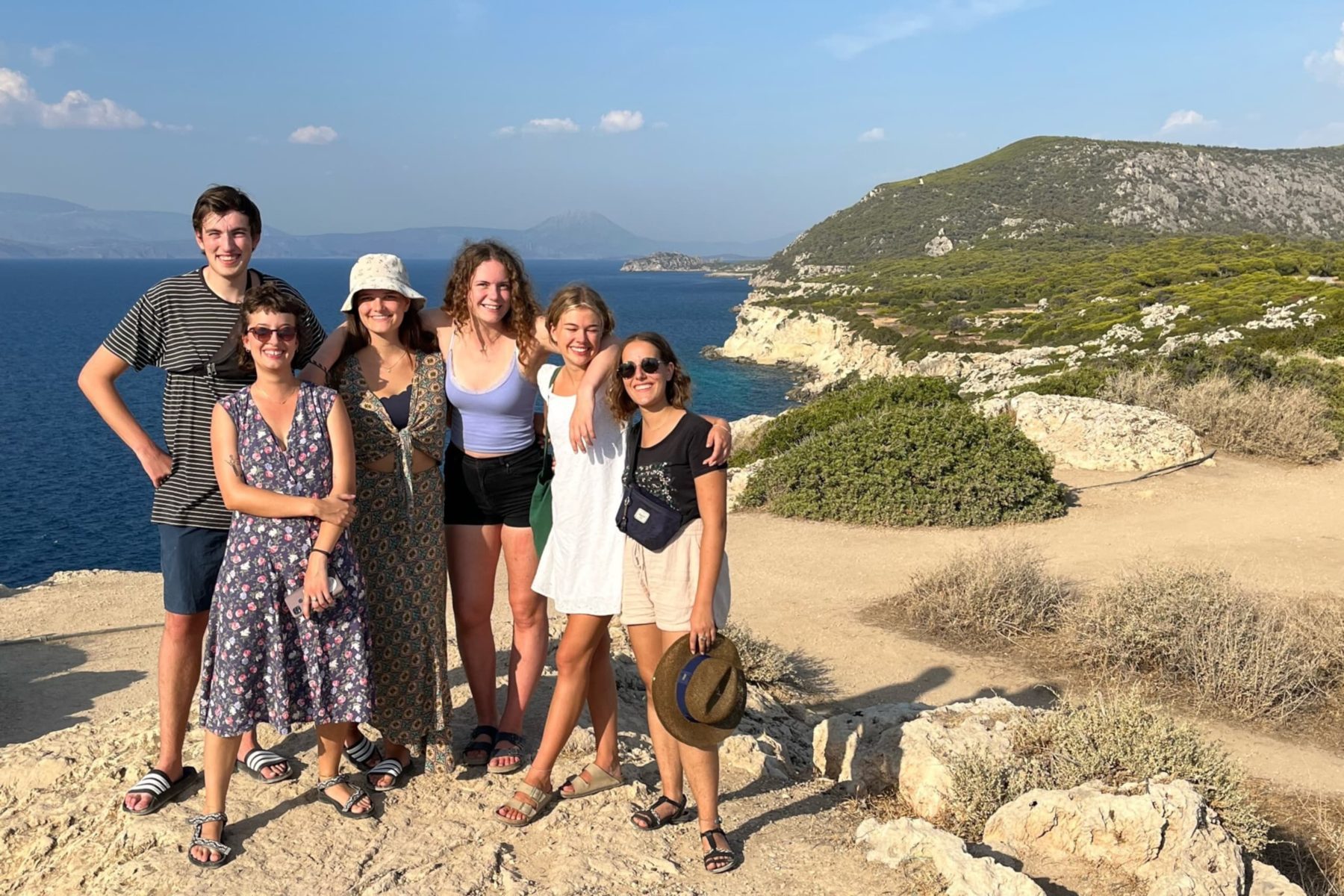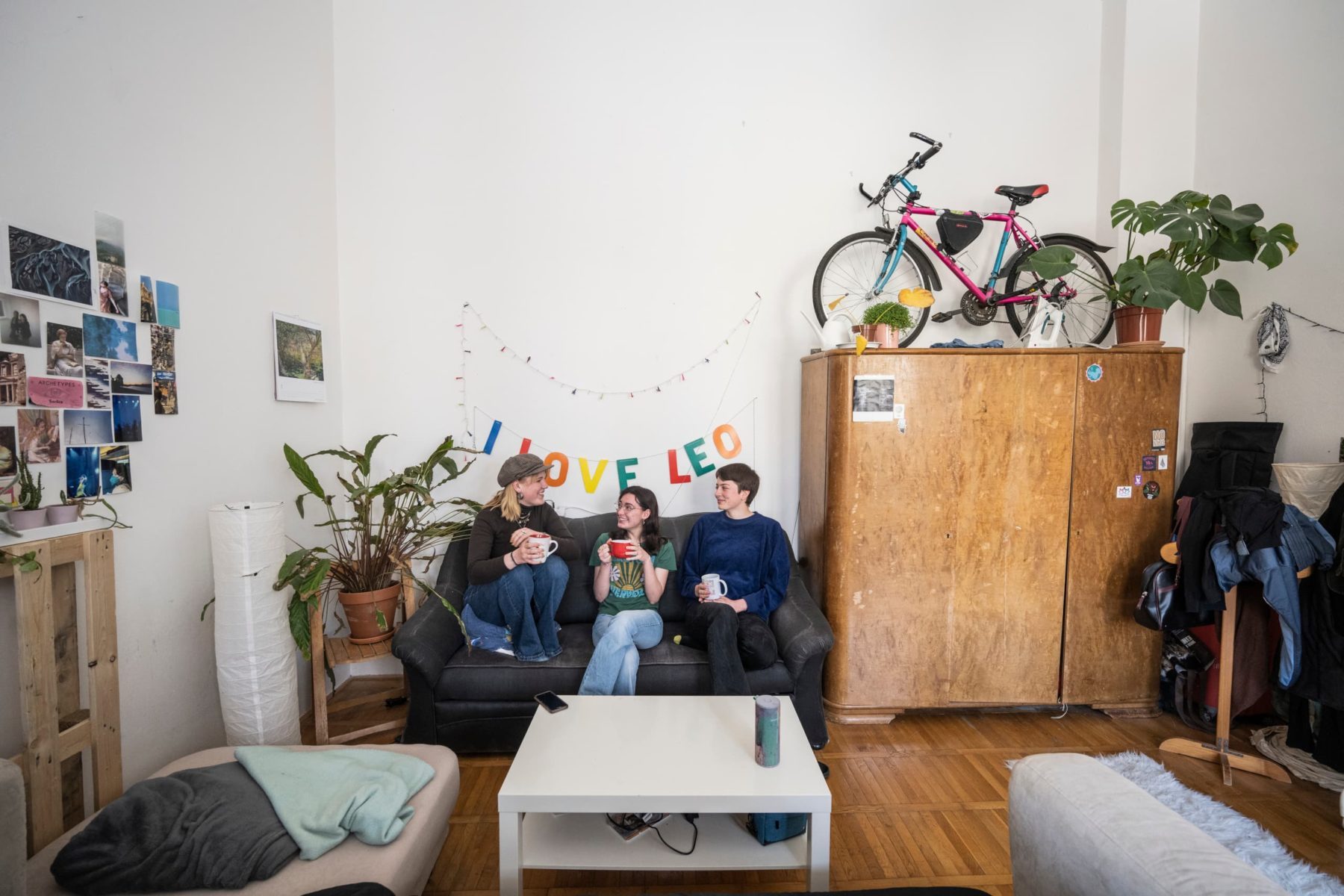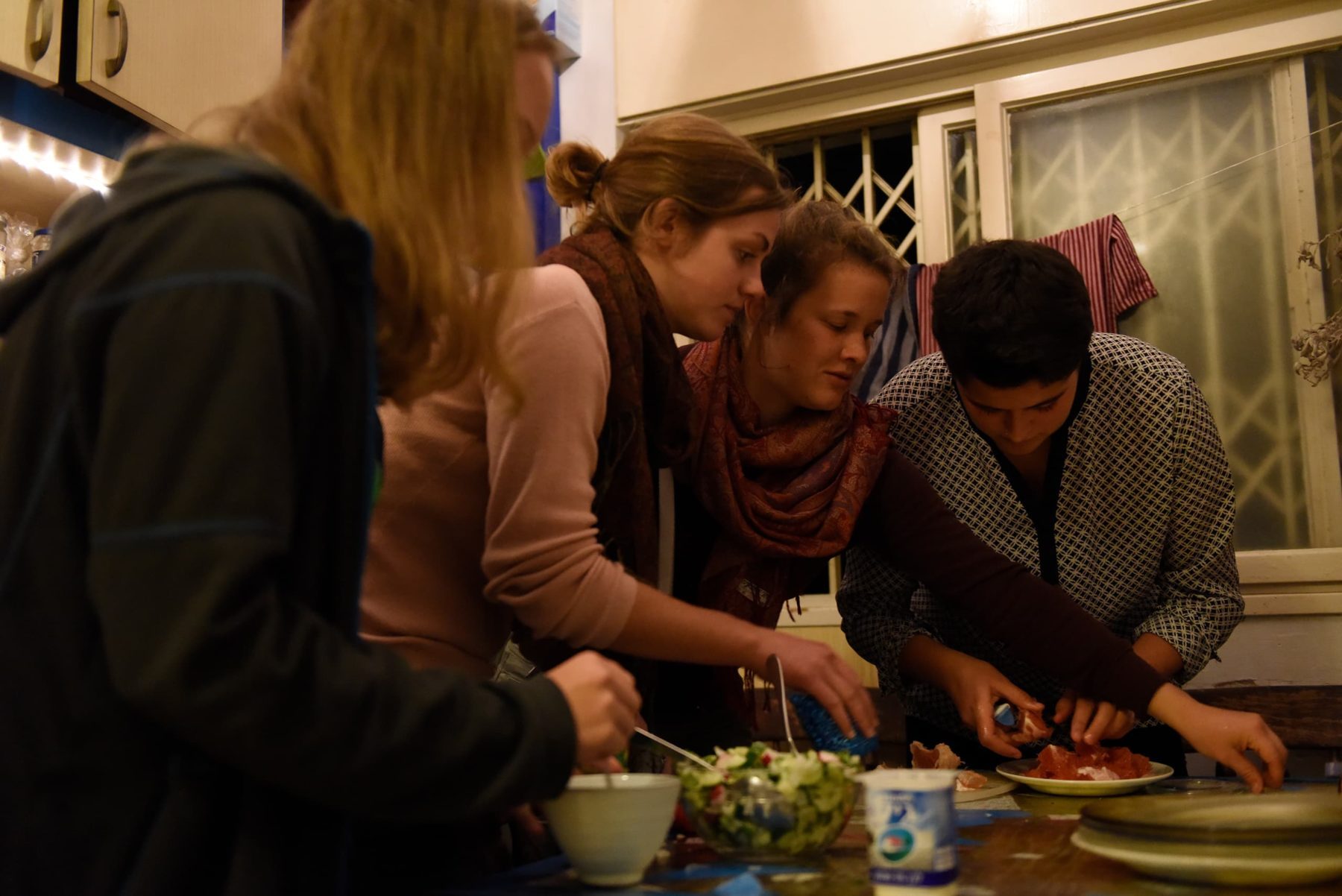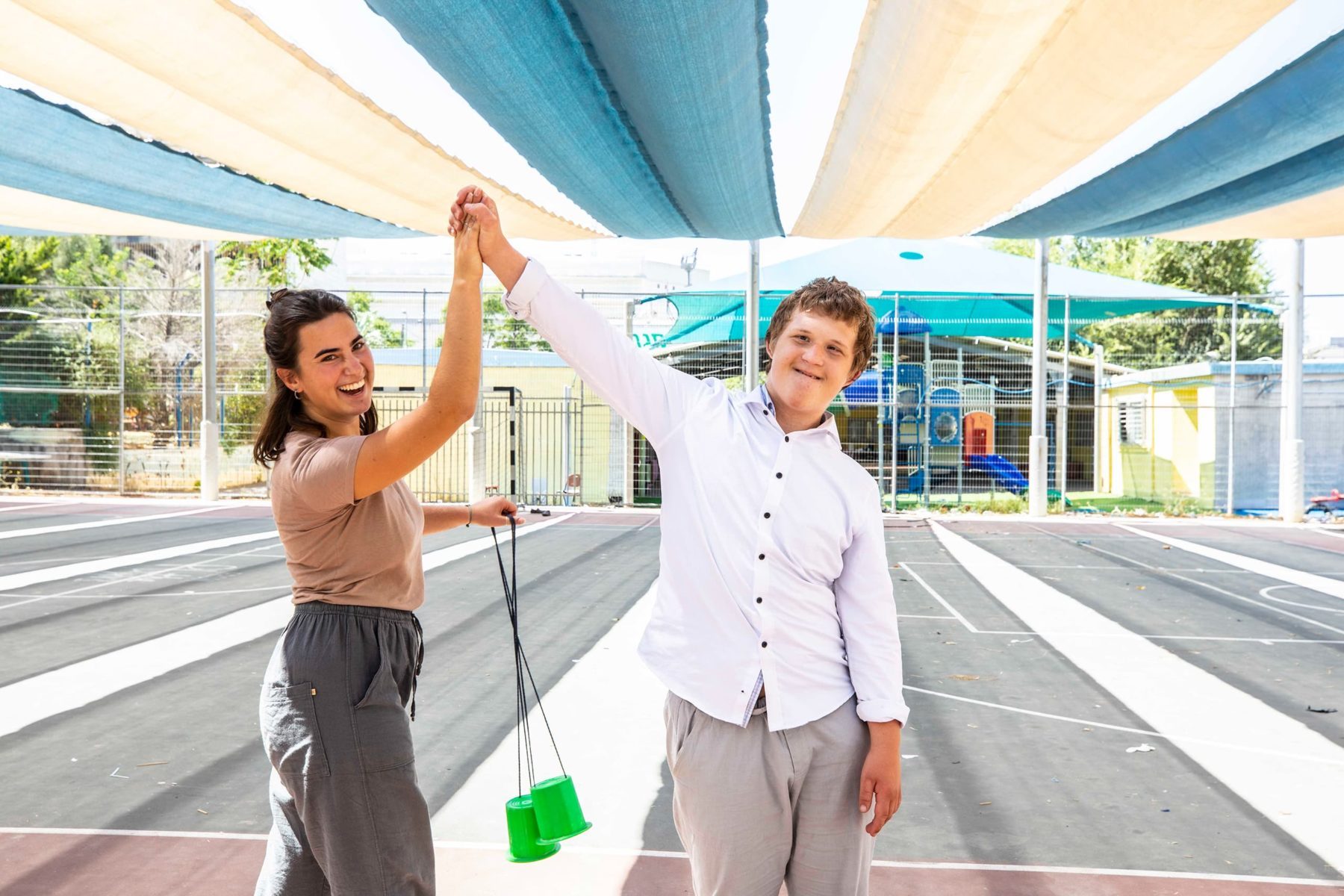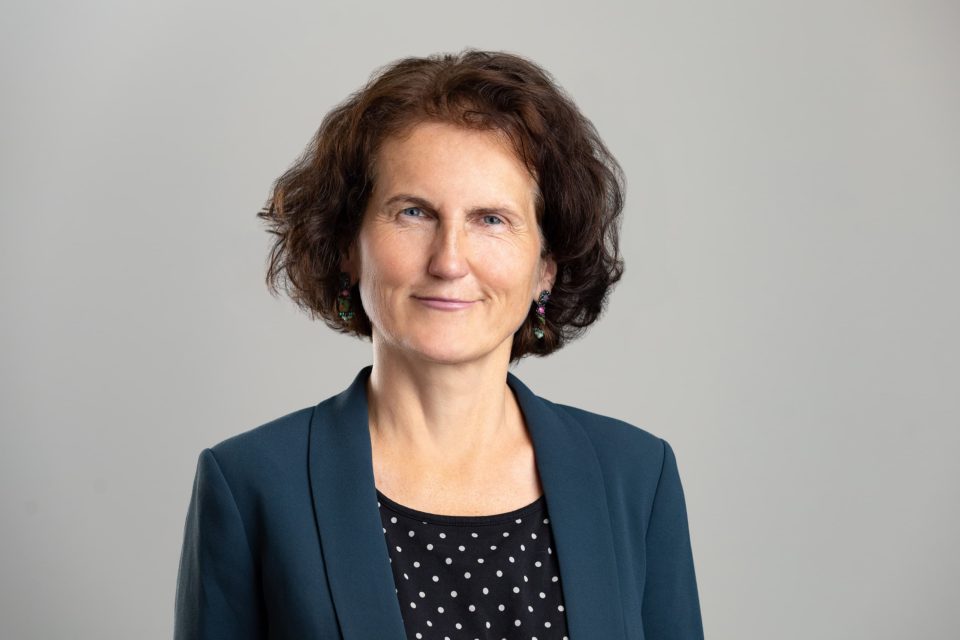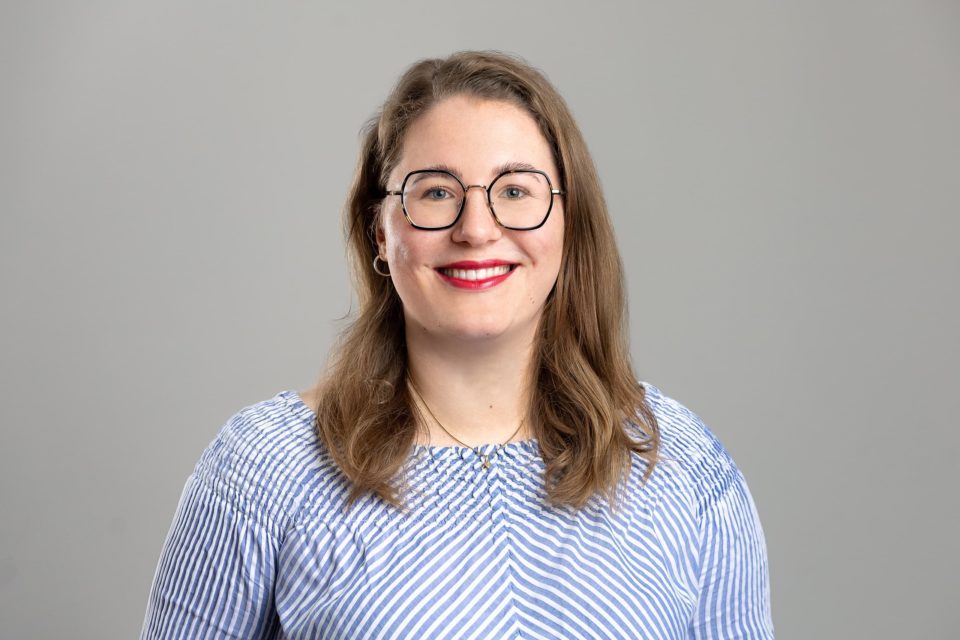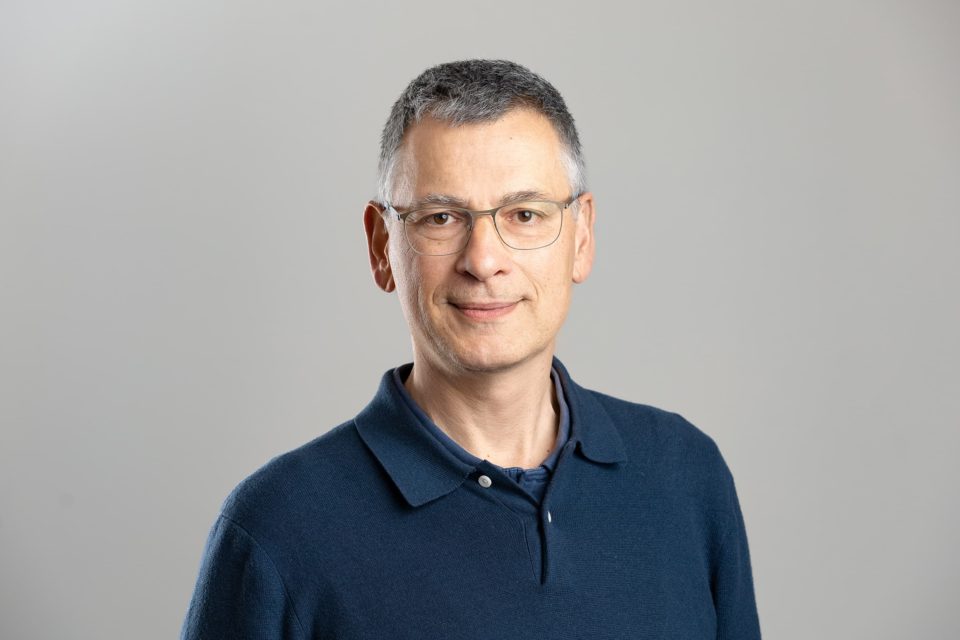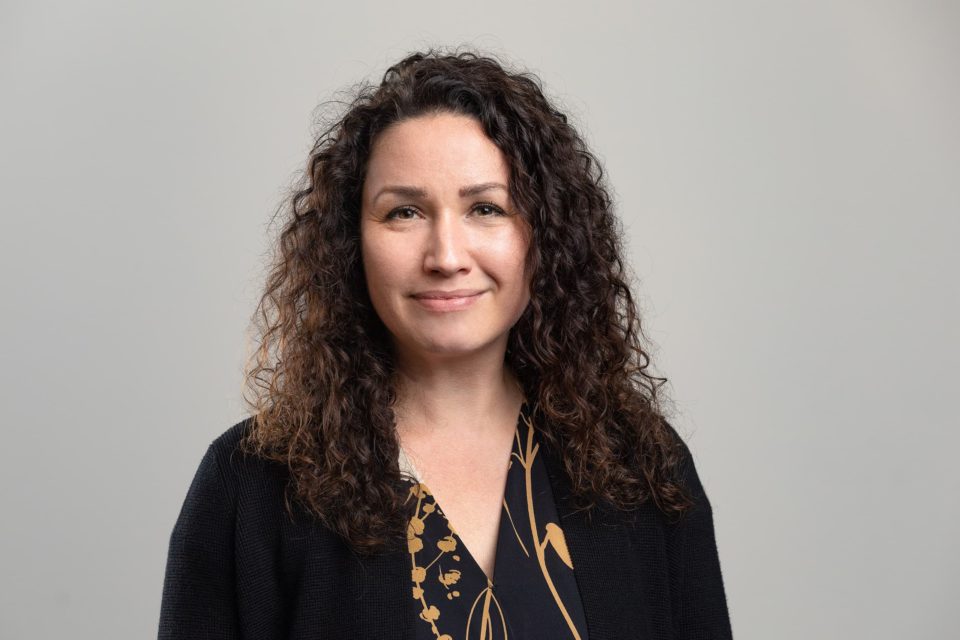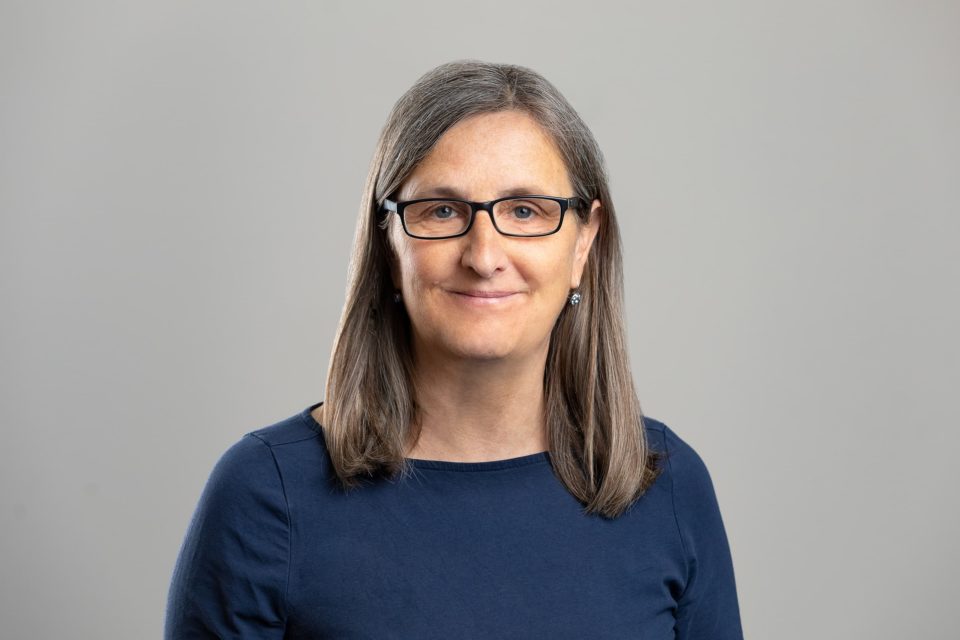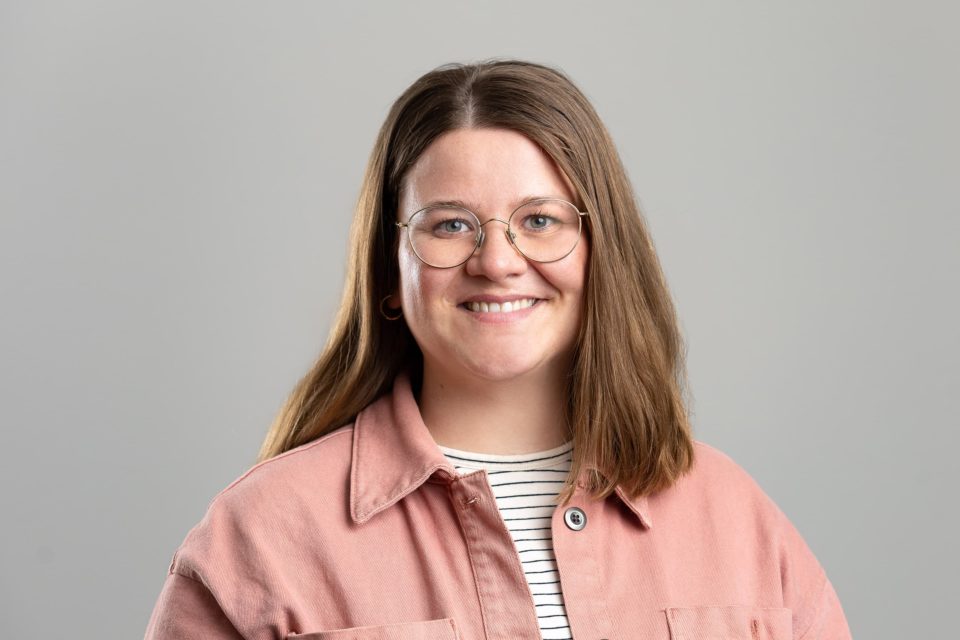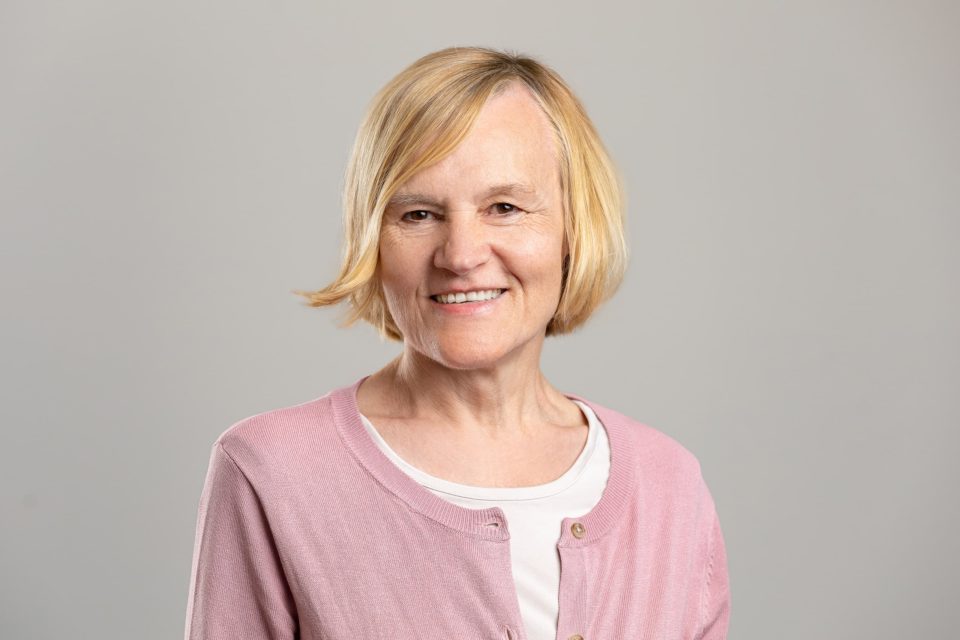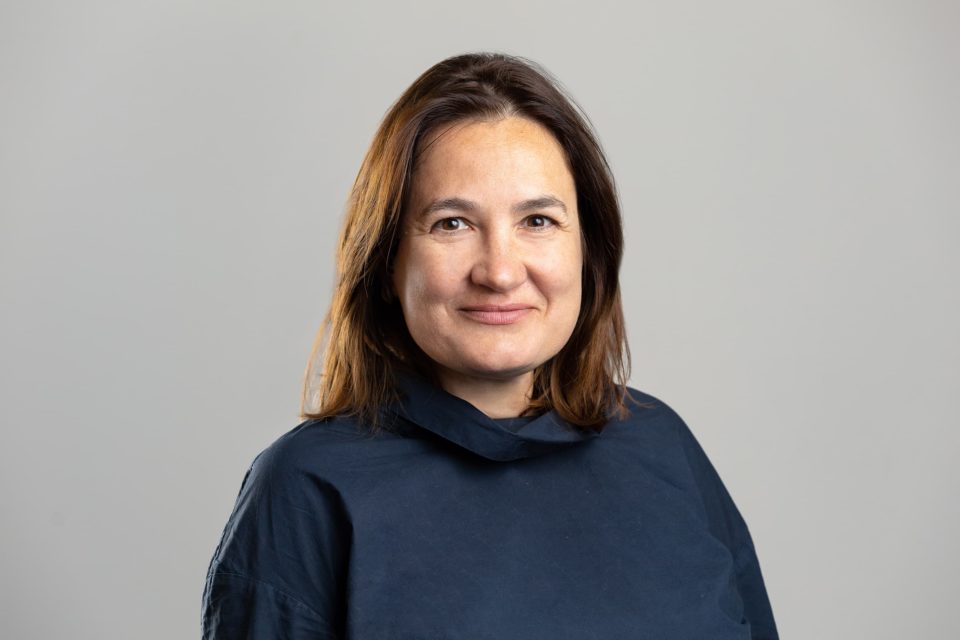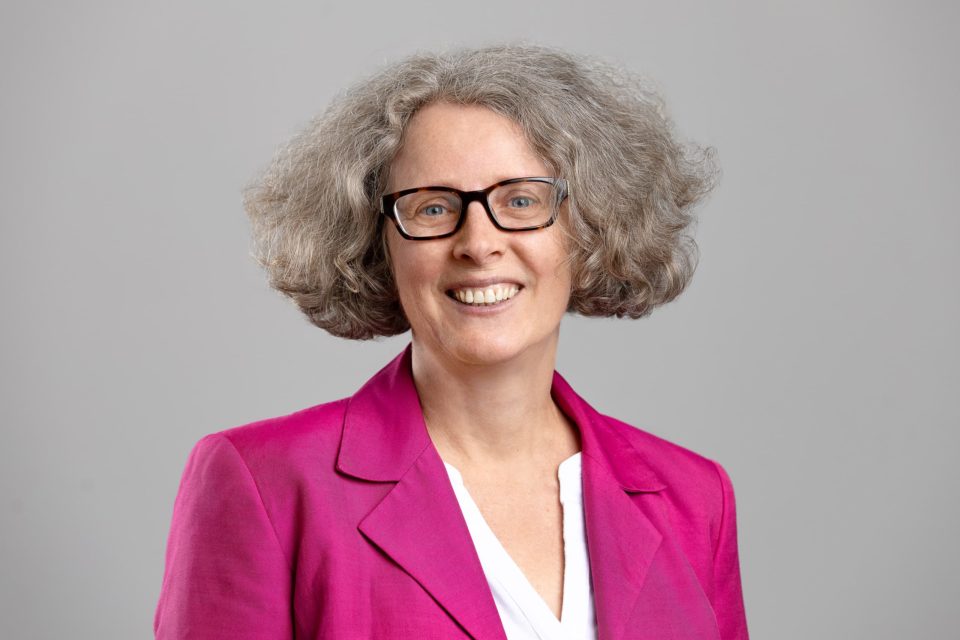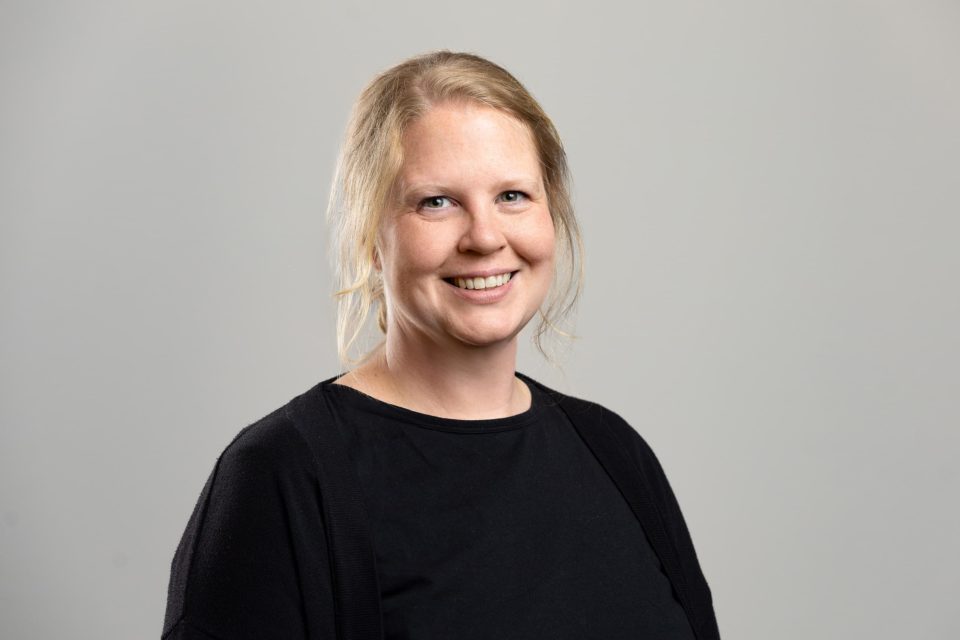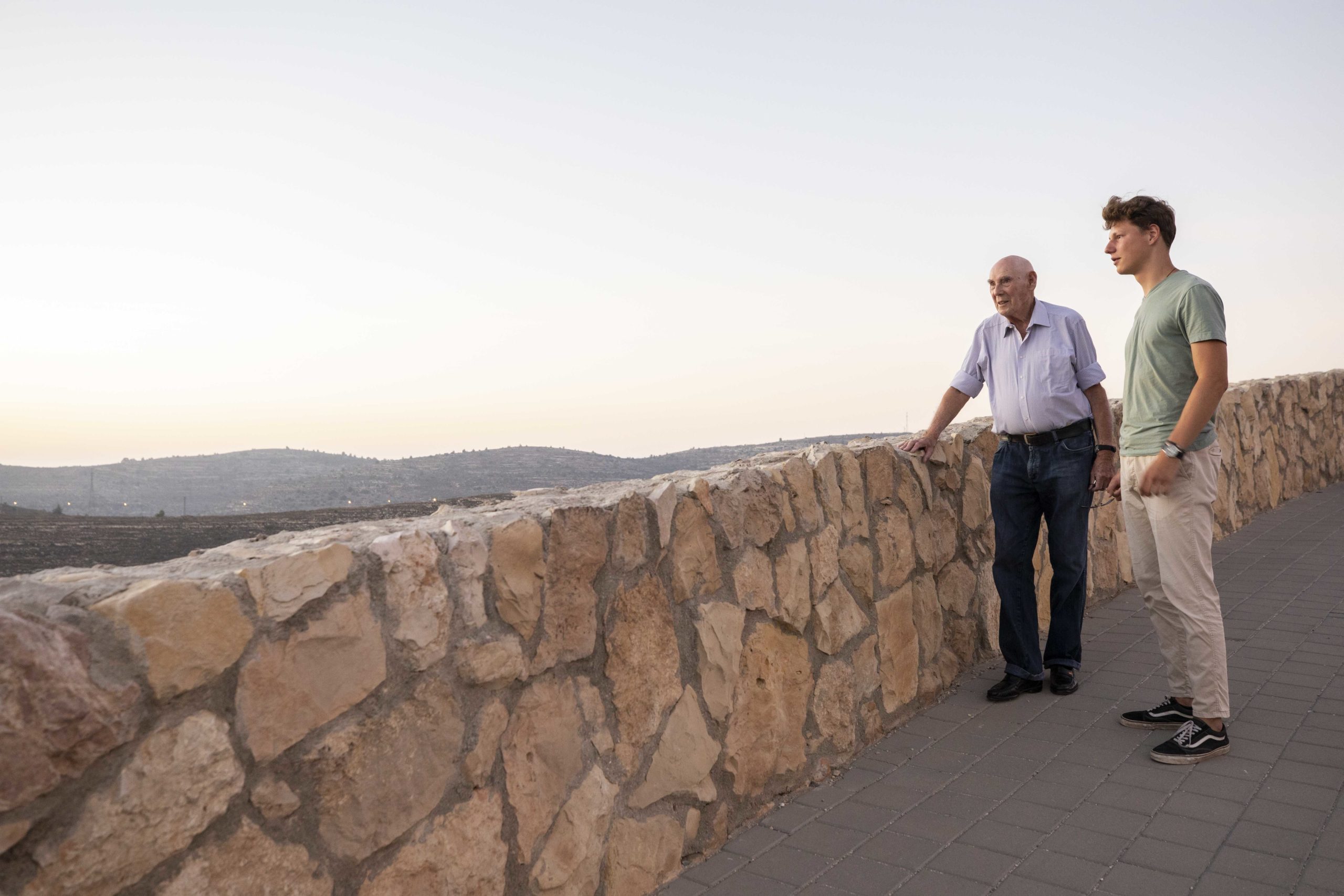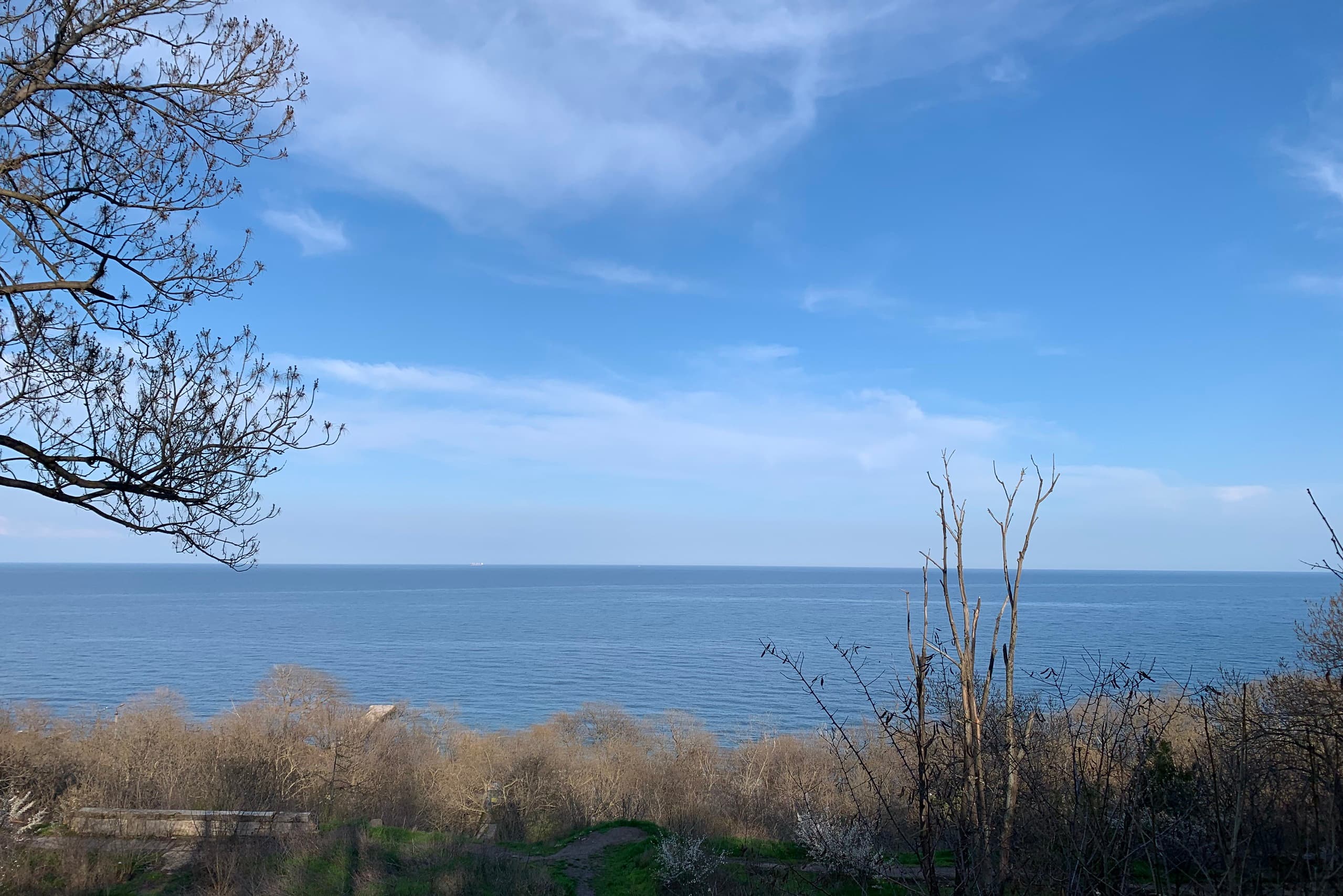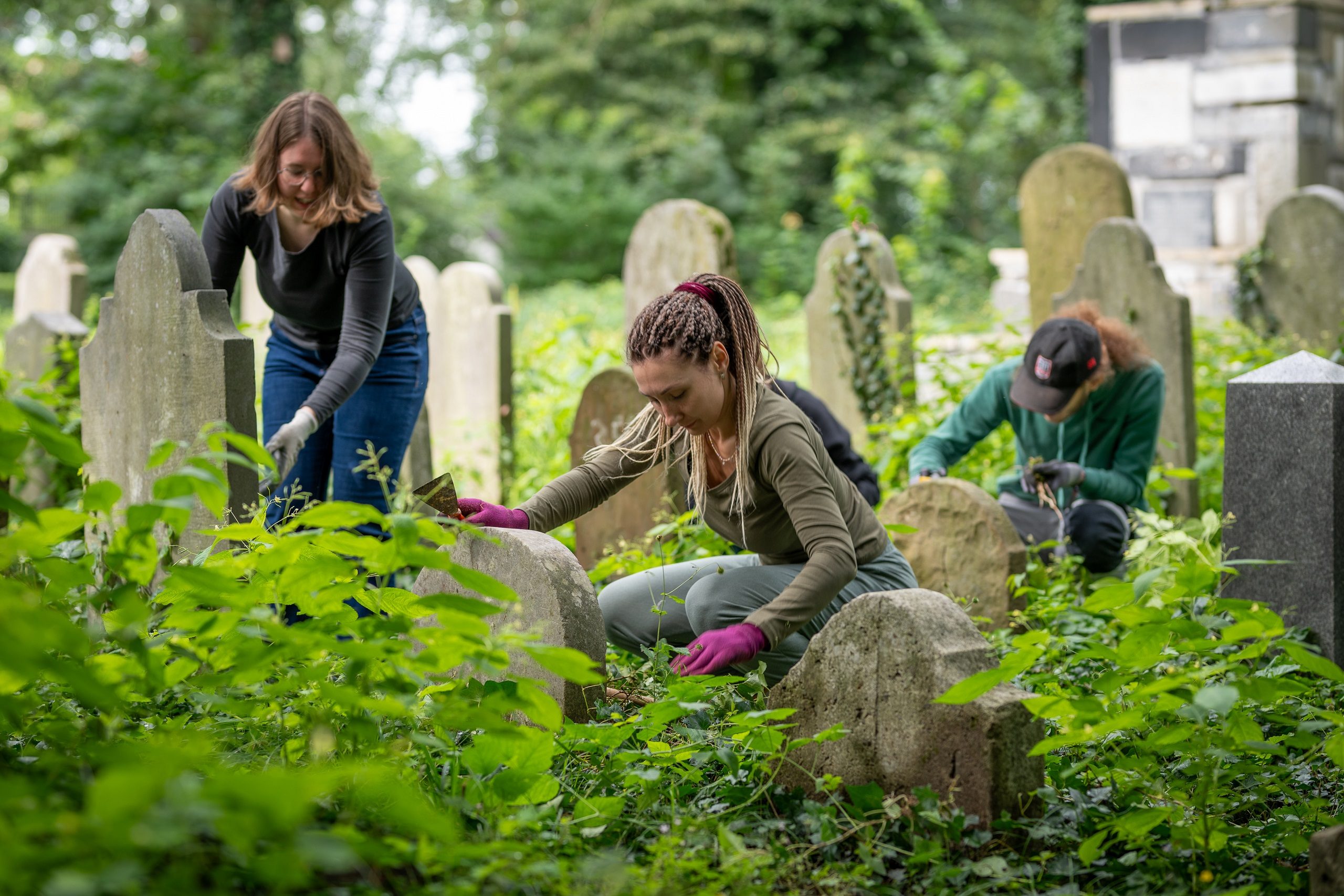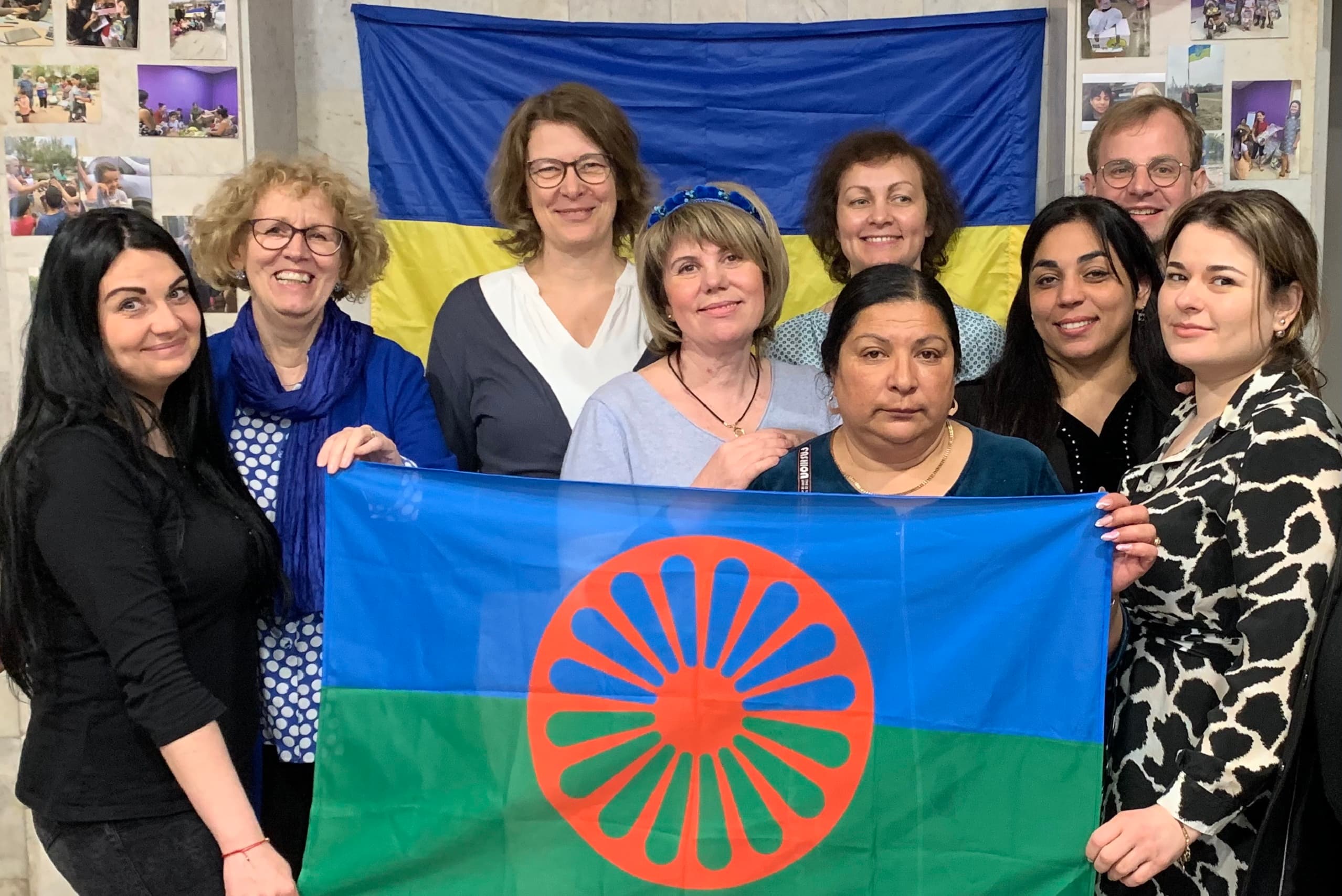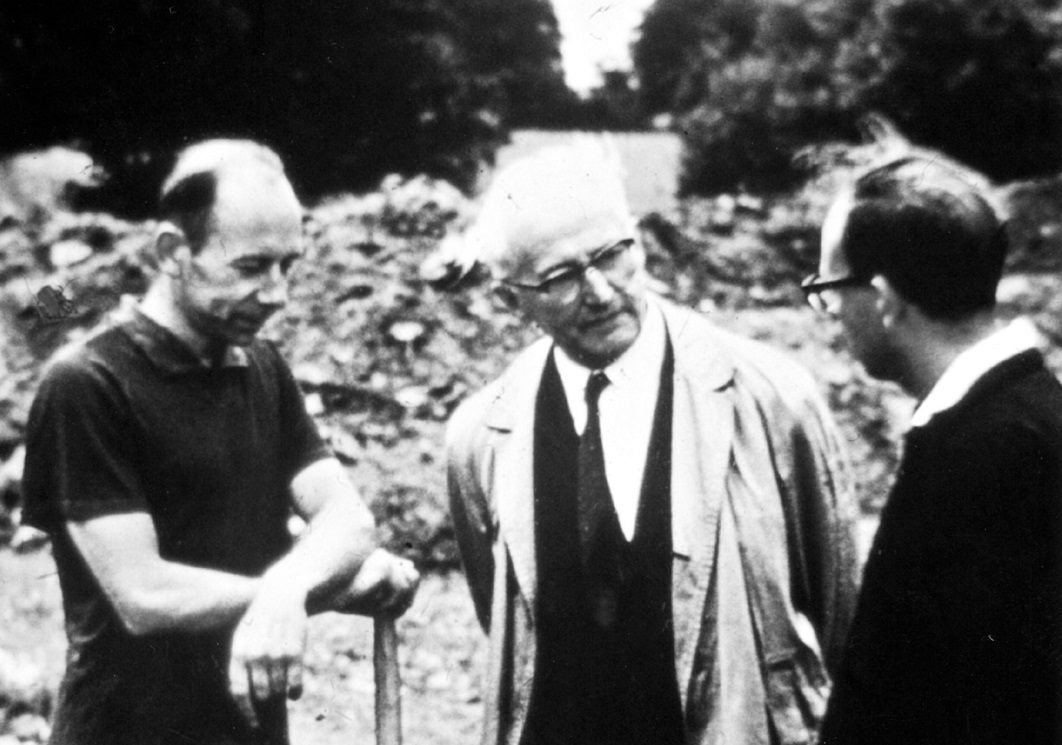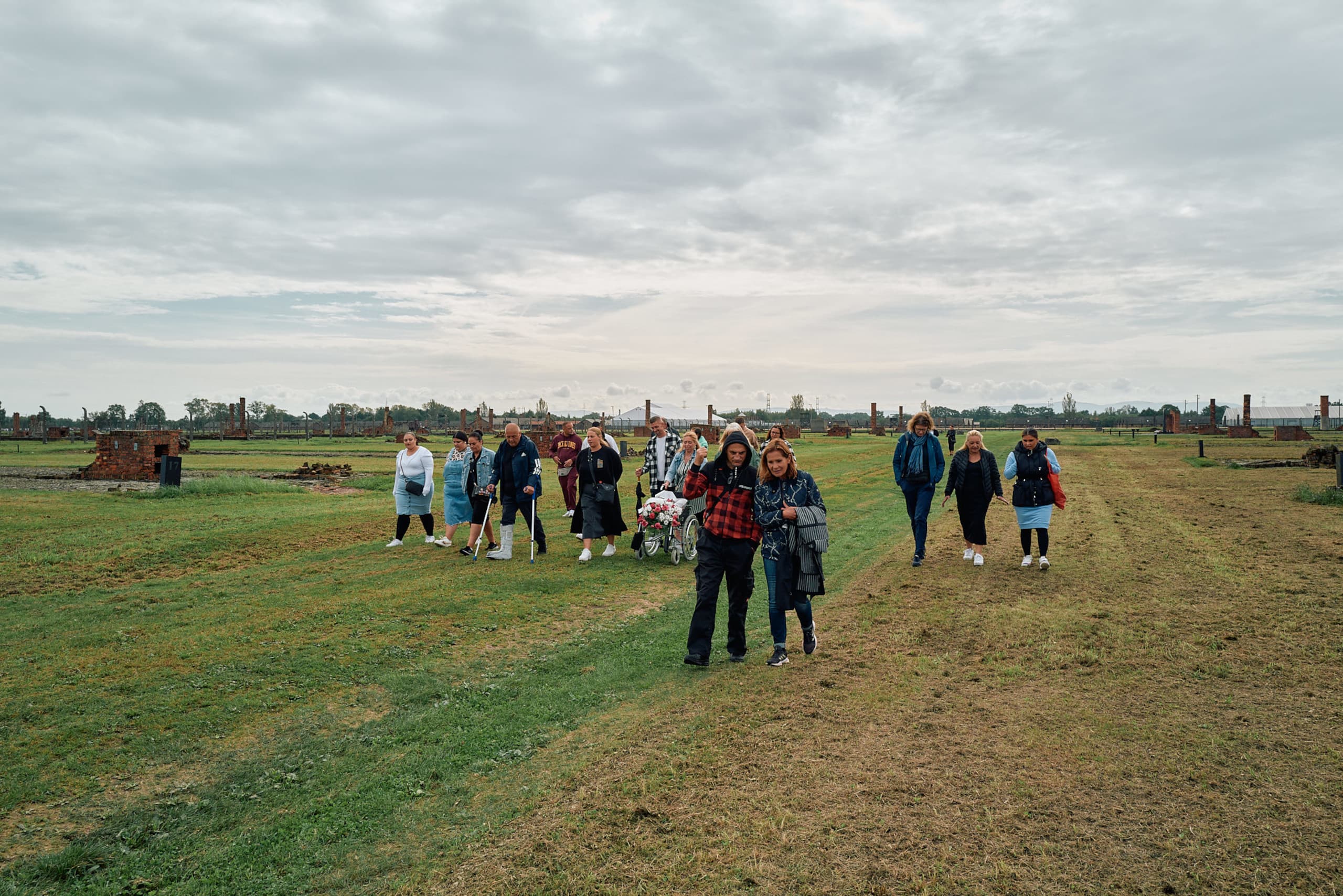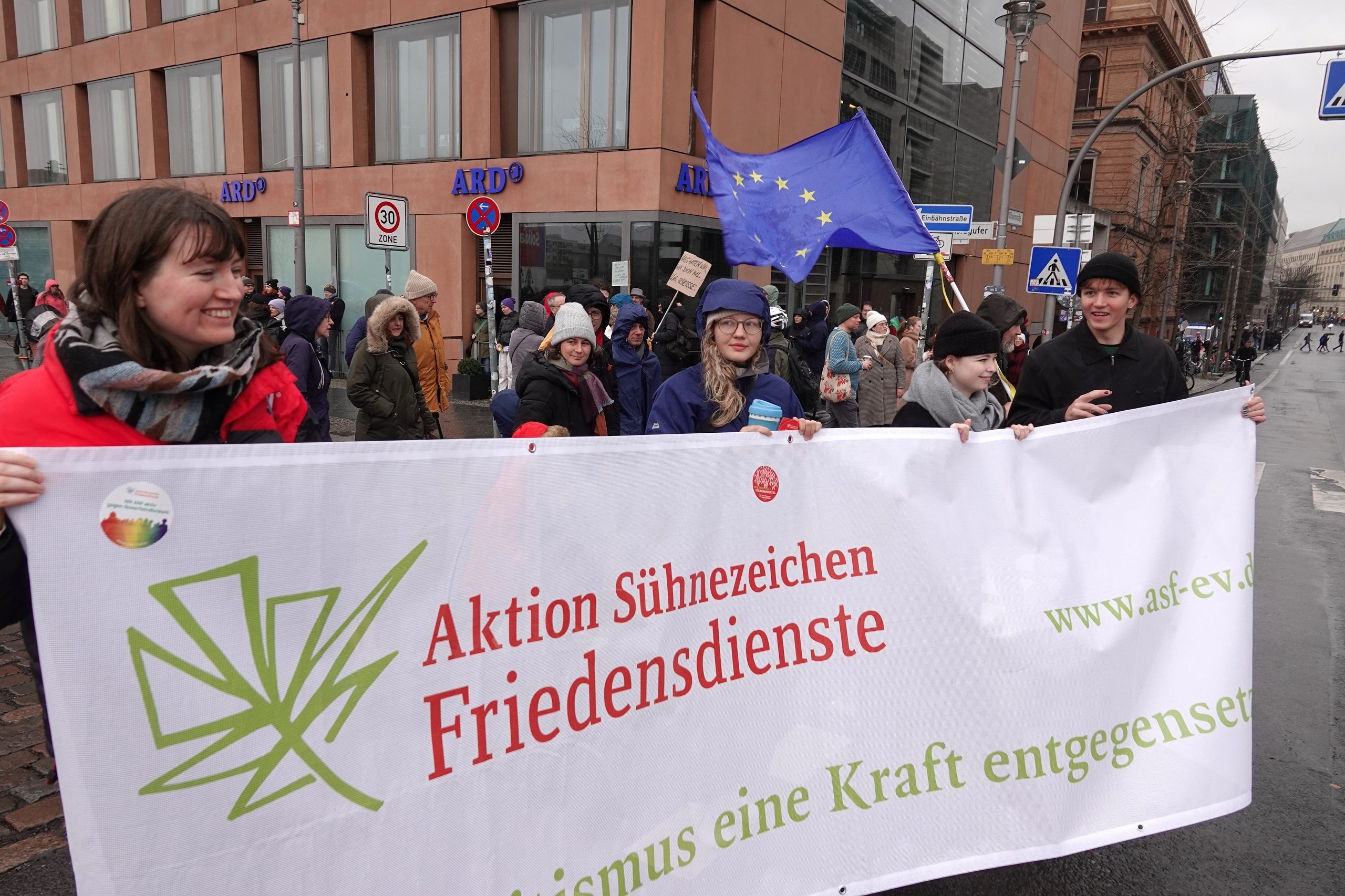A Year Abroad – Applicants from Germany
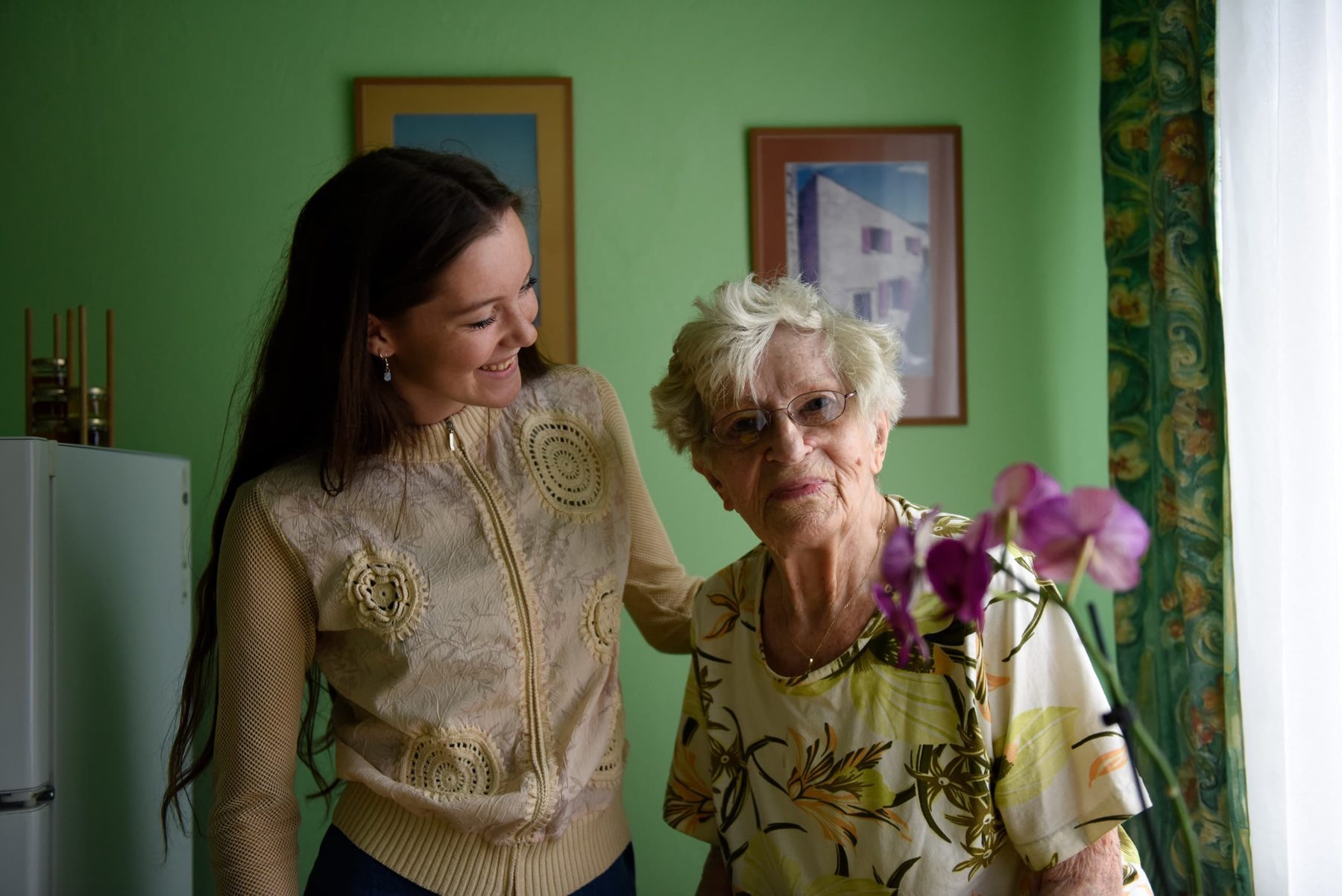
What is a volunteer service? And why #withASF?
The core of the volunteer service is your commitment to the local communities. You will engage for a year with a partner organization in various countries across Europe, in Israel, and the USA. For example, you might accompany people that were persecuted by the Nazi regime, assist individuals with disabilities, or work in a memorial site or NGO.
A volunteer service with ASF is more than just work and travel or being an au pair because it’s about more than just the work: You learn about the country, its people, language, and history together with a group of fellow volunteers in seminars and excursions. You may also explore the traces of your own family history. And you make a concrete contribution to peace, diversity, and human rights in your volunteer position.
We call our volunteer services “peace services” because we work together y with our partners in respect and solidarity. Together, we advocate for the memory of historical injustices, a just peace, and the protection of human rights – and we’ve been doing this for over 60 years.
An international voluntary service with ASF is similar to an FSJ – but takes place abroad and in an international context. You can do a legally recognised voluntary service with ASF. Our positions are recognised for the International Youth Volunteer Service (IJFD) or the European Solidarity Corps (ESK). If you are legally entitled to child benefit in Germany, you will continue to receive it during your year abroad.
ASF was founded after World War II and the Shoa as a sign of repentance and concrete solidarity with the people and countries that suffered from the unprecedented crimes of the Nazi regime. ASF remembers the persecuted and opposes current forms of anti-Semitism, racism, homophobia, and the exclusion of minorities.
ASF accompanies and supports you before and during your year abroad. In each country, there are designated ASF contacts for the volunteers. We have close and often long-standing partnerships with our partner organizations. You will also have designated contacts at your workplace. A thorough preparation and ongoing support throughout the year, along with varied seminars, are very important to us and distinguish this volunteer service. That’s why it’s #withASF.
Countries
Around 14 volunteers serve in various volunteer positions in Belgium. They are engaged in social, political, and historical volunteer positions with different target groups: volunteers accompany children, elderly people, people with disabilities, or those living in poverty. They support Jewish institutions and participate in memorials and museums.
Belgium is a small country with three official languages: French in Wallonia, Dutch in Flanders, and German in the German-speaking community. Additionally, the capital, Brussels, is home to numerous European and international institutions. This unique linguistic situation characterizes ASF projects in Belgium: the working language is Flemish in several volunteer positions, French in some, English in two European partner organizations, and German in one volunteer position. Some volunteer positions are bilingual.
The ASF national office is located in Brussels.
Due to the manageable size of the country, there are no great distances between the volunteers. They can easily visit each other and explore the entire country.
The Beginnings of ASF in Belgium
Belgium was occupied by Germany in both World Wars. Many people fled from Germany to neighboring countries during the Nazi regime because they were persecuted as Jews or for political reasons. When Belgium was occupied by Germany again in 1940, they had to flee or go into hiding. Over 25,000 people were deported from Belgium to extermination camps.
ASF volunteers have been active in Belgium since 1963. The first volunteers helped build a home for young people in Wasmuel near Mons. The location was in a region where there were incidents of German occupation troops’ aggression in both World Wars. After the construction, volunteers supported social work in the home, leading to close ties between the Belgian population and the volunteers.
The ASF country program in Belgium was then expanded. Initially, volunteers worked in peace organizations, and later in mostly church-related social projects with refugees, addicts, or seafarers.
Since 1983, volunteers have been working in Arche communities with people with disabilities. Since the late 1980s, volunteers have been involved with Jewish partner organizations for Shoa survivors, as well as in memorials, museums, and research institutions. Some volunteer positions in Brussels also have a European focus.
Since 2004, there has been an independent ASF national office in Brussels, and since 2007 there is the Belgian association ASF België/Belgique vzw.
Belgium is part of ASF’s international program for volunteers residing in Germany.
International Volunteer Program: only for applicants who are not from Germany
Currently, the international program in Germany offers around 15 volunteer positions. Volunteers come from various European countries, Israel, and the USA. Participation is not possible for volunteers from Germany.
Volunteers in Germany work in memorial sites and museums, visit elderly men and women in Jewish communities and former prisoners, support people with disabilities, and work in human rights organizations and refugee projects. Most placement sites are located in cities. Sometimes, two or more volunteers live and work in one place.
Volunteers in the Germany program should bring a desire to work in an international group and an interest in other cultures and histories. Proficiency in the German language is an important foundation – not only for work in the projects and daily life but also for communication within the international volunteer group. Many projects operate in the field of historical-political education, and good German language skills are necessary for this as well.
An exciting experience
From the beginning, the ASF volunteer services were designed to promote a dialogue with people in partner countries. In 1996, ASF launched the International Volunteer Program in Germany after many project partners in various countries expressed a desire to send volunteers to Germany as well.
For ASF and the volunteers, the International Volunteer Program is an exciting experience. Young women and men from different countries live, work, and learn together for a year. During the volunteer seminars, there is an exchange about the relevance of stories and histories in different countries and families. How are stories remembered differently here and there? And how do they shape our relationships and actions in the present? For international volunteers, it’s interesting to learn how societies in both German states dealt with the experience of Nazi violence and how memory discourses are shaped in Germany today. International volunteers interrupt the “German monologue” about history with their different perspectives, ask questions, and ultimately take questions back to their own societies.
For more information on the Germany program for applicants from other countries, click here.
In France, there are currently about 17 ASF volunteers working in various volunteer positions in both larger and smaller cities. They gain insights into a diverse society through their work in memorial sites, documentation centers, encounter cafes, and social projects. In their daily lives, volunteers often experience that living in France is quite different from their accustomed life in Germany, even though the neighboring country is close by and the economic conditions are similar.
Diverse Volunteer Positions
In France, ASF volunteers have the opportunity to engage in a voluntary service at memorial sites such as the Mémorial de la Shoah in Paris, at places of remembrance like the village of Oradour-sur-Glane or the Musée Memorial des Enfants d’Izieu, as well as in various social and socio-cultural projects.
History and Memory
In 2021, ASF celebrated its 60th anniversary of work in France. Collective traumas like World War I, World War II, and the deportation of 76,000 Jews to Nazi extermination camps play a significant role in France’s public consciousness. In addition to an increasing examination of the perpetrators of the Vichy regime, attention is also focused on how German society deals with the memory of the National Socialism.
In 1961, the first groups of volunteers arrived to create visible symbols through so-called construction projects in places that were particularly affected by the Nazi occupation of France. Volunteer groups built a Reconciliation Church in Taizé, and shortly after, other groups helped build the Synagogue of Fraternity in Villeurbanne, Lyon. Since then, hundreds of young people have come to France as ARSP volunteers and have been involved in projects related to historical and political education, as well as in the social sector.
In Greece, there are up to 10 volunteer positions on the mainland, the Peloponnese, and the island of Crete. Volunteers work with Jewish partner organizations and so-called “Martyr Villages,” which are places where Germans committed crimes against the civilian population during the occupation. Volunteers take on tasks in the historical, social, and cultural fields. They contribute to preserving memory and fostering new relationships through encounters.
Since 2021, ASF volunteers have been serving a one-year volunteer program in Greece. There are up to 10 positions at memorial sites, cultural centers, and in commemorative work. Our Greek partner organization, FILOXENIA, supports the volunteers in the country.
The program is still relatively new. We are looking for volunteers who are eager to continue building and shaping this work. Flexibility, patience, and independence are sought-after qualities, and in return, volunteers have the opportunity to actively contribute and engage in the social life of often smaller local communities.
Greece is a well-known vacation destination for many people in Germany: mountains and islands, beaches and the sea, and Greek hospitality attract thousands of German tourists every year. What many people in Germany may not know is that during the German occupation from 1941 to 1944, approximately one-tenth of the Greek population was killed. Hundreds of villages were destroyed, and the civilian population was massacred. The Jewish communities in the country were robbed, their members driven into forced labor, and almost 90% of Greek Jews were deported to extermination camps and murdered.
ASF has been committed from the beginning to address and not forget these crimes, and to seek recognition of German war guilt towards Greece. Already in the 1960s, ASF worked with Martyr Villages in the West Macedonia region and on Crete. To this day, encounters with people who continue to suffer economically and emotionally from the consequences of the murderous occupation are at the center of our efforts. Therefore, ARSP supports the demands of the association “Respect for Greece” regarding German war guilt and obligations towards Greece. Our volunteer program was established with the support of the German-Greek Future Fund. Germany continues to have a responsibility to make forward-looking contributions to the recognition of its debts and to clarify compensation payments.
As an ASF volunteer, you can contribute to preserving memories and improving the relationships between the people of our countries.
Currently, 12 ASF volunteers from Germany and Poland are active in Coventry and London. The range of volunteer positions includes caring for Shoa survivors, working at the Wiener Library, one of the most important European archives on the Shoa, the Jewish Museum London, the Reconciliation Centre Coventry Cathedral, the Roma Support Group – a self-help organization for Roma – and providing support to mentally and physically disabled children and adults.
For a volunteer service in the UK, English language skills are an important requirement because the seminars accompanying the volunteer service take place in the UK from the beginning and are conducted in English. This also includes a seminar under the motto “Memories, Identities, Commitments,” in which German, Ukrainian, and Polish volunteers not only exchange ideas with each other but also with young people from the UK.
Unsteady History
On the night of November 14-15, 1940, the German Luftwaffe bombed the central English city of Coventry. The bombing lasted for eleven hours, and the main targets were the city center and the civilian population. The bombing also reduced Coventry’s St. Michael’s Cathedral to rubble and ashes. It was in this cathedral’s ruins that the Aktion Sühnezeichen began its work in the United Kingdom in 1961. At the suggestion of the then-Bishop of Coventry, German volunteers began building an international meeting place for reconciliation under the motto “Operation Reconciliation.”
Until 1986, an average of 25 volunteers worked in five socially and economically disadvantaged regions in the UK. Financial problems eventually led to significant cutbacks in the ARSP program in the UK. The work was initially reduced and then almost entirely discontinued. It was only in 1990 that ASF managed to rebuild and stabilize its work in the UK.
Between 2001 and 2023, volunteer services in the UK were conducted with German and Polish volunteers working as transnational duos in British projects. The history of these three countries remains closely intertwined to this day. This allowed the volunteers to engage in an intense, lively exchange of languages, cultures, and histories. Due to the more challenging funding conditions resulting from Brexit, ASF had to end this tradition. Starting in 2024, only German volunteers will serve in the UK again. Polish volunteers can participate in the international volunteer program in Germany.
Since 1961, ASF volunteers have been involved in various volunteer positions in Israel every year. They support older people and Shoa survivors, socially disadvantaged people, and people with special needs in their daily lives, and work at memorial sites.
Around 22 volunteers participate in the ASF volunteer program in Israel each year. They are active in major cities like Haifa, Tel Aviv, and Jerusalem, as well as smaller towns like Afula and Herzeliya. They serve in various fields: assisting people with disabilities, caring for children in women’s shelters, supporting refugees, working at memorial sites or research institutions, or engaging in intercultural encounters. Almost all volunteers also provide support to Holocaust survivors in their daily lives.
In most volunteer positions, the weekly working hours are divided between two areas of activity. This allows many of the volunteers to dedicate part of their time to engaging with Shoa survivors while also being active in other areas.
ASF volunteers in Israel learn one or two new languages (Hebrew, Arabic) and immerse themselves in the daily life of Israeli society. They experience the current situation in Israel up close, gaining an understanding of the complexity of the Jewish-Arab conflict in its various facets and interacting with people of different cultures and religions. The encounter with Shoa survivors and their families is of particular significance.
The Beginnings of ASF in Israel
Volunteer work in Israel began in 1961. The beginning was challenging. The German-Jewish and German-Israeli relations were severely strained due to the crimes of the Nazi regime. At the start of ASF’s work in Israel, there were no diplomatic relations with Germany, and very few German visitor groups came to the country. ASF volunteers pioneered the establishment of interpersonal relationships and the development of encounter programs. To this day, over 1,500 predominantly young but also older individuals have completed an ASF volunteer service in Israel.
The Netherlands are much more than just a seemingly well-known neighboring country of Germany with a North Sea beach, canals, and bicycles – this is discovered by around 18 ASF volunteers each year in their diverse volunteer positions throughout the country – from social projects to communal living arrangements to memorial sites.
Diverse Insights
An ASF volunteer service in the Netherlands offers the opportunity to work at memorial sites like the Anne Frank House in Amsterdam, in WWII memorial sites like Kamp Vught, or in the social sector, including projects involving refugees, homeless individuals, and drug addicts. Insights into a diverse society and the country’s eventful history are guaranteed.
Vibrant Memories
To this day, the Dutch population holds vivid memories of the German Nazi occupation: the complete destruction of Rotterdam during the devastating air raid on May 14, 1940, the brutal persecution of any form of resistance, the deportation and murder of the Jewish population, the forced labor of half a million Dutch citizens in the German Reich, and the Hunger Winter of 1944/45, which many people, especially children, did not survive. Every year on May 4th, the victims of fascism and war are commemorated, and on May 5th, Dutch society celebrates liberation from the German occupation.
In 1959, ARSP began its work in the Netherlands: volunteers helped build a holiday village in Friesland, and a few years later, they contributed to the establishment of an international ecumenical social academy, the Visser’t Hooft Center in Rotterdam. The city was heavily destroyed in German air raids. Since the 1960s, ARSP volunteers have been more involved in social work with homeless, addicted, or displaced people, as well as in memorials and museums. In doing so, they get to know the country and its people, engage with the history of the Netherlands, and contribute to discussions on memory-related topics.
In Norway, there are currently 13 volunteers spread across various locations throughout the country. The northernmost and southernmost volunteer positions are separated by over 2,000 kilometers. The ASF country office is located in Oslo.
The volunteers are placed in residential facilities, memorials, boarding schools, and open facilities for physically and/or mentally impaired youth and adults in locations such as Alta, Andebu, Ekne, Evenskjer, Moi, and Oslo. The volunteers work and live in different facilities or nearby and have various responsibilities within the respective residential and work areas for people with special needs, as well as in historical education work. These responsibilities sometimes involve hearing-impaired individuals with additional support needs, sometimes individuals with psychological and/or physical impairments, and elderly people. In historical education work, the volunteers support the daily operations of memorials with guided tours and archival work.
In most projects, volunteers in Norway are primarily involved in leisure activities. There are many opportunities to implement their own ideas and acquire new skills. Creativity and initiative have no boundaries in Norway, as leisure education is well-established and well-equipped.
Resistance and Encounter
Just one year after the call for the founding of ASF in 1958, the work began in Norway. Volunteers carried out two construction projects in the north of the country in 1959 and 1960: an economic building for the Trastad Gård children’s home and a church in Kokelv in the Finnmark region. Pastor Gilleberg, the former director of the Trastad Gård home, wrote, “It was an idealism that burned. And this idealism made the action successful. In 1959, there was a lot of hatred towards the Germans, and the first group felt this. I am certain that the action and what it accomplished here was a silent reconciliation.”
The Norwegian population had suffered greatly under German occupation following the German invasion in 1940. The collective perception in Norway for decades was shaped by the massive German air raids on major cities, the deportation of almost the entire Jewish population of Norway to extermination camps, and the Wehrmacht’s strategy of scorched earth wherever resistance groups were active, such as in northern Norway in the Finnmark region.
Resistance was widely anchored in society in the sparsely populated, vast country. There were politically organized resistance groups as well as organized athletes, teachers, lawyers, and active Protestants. Both violent and symbolic resistance shaped the collective perception in Norway for decades.
Current historical research is increasingly focusing on the history of collaboration by parts of the Norwegian population. Without these collaborators, the deportation of the Jewish population, among other things, would not have been carried out as swiftly.
In the mid-1960s, contacts with other project areas developed through construction projects, especially in the field of social work in Norway. Since then, ASF volunteers have been working in social institutions with those who were directly threatened by the Nazis as “unworthy of life.”
Current Work in Norway
A Norwegian support group, ASF’s venner, provides strong support for the work. They organize events and meetings and raise awareness about our work in Norway.
In 2012, the Norwegian-German Willi Brandt Foundation awarded ASF for its particularly meritorious contribution to reconciliation and understanding between both countries through long-term volunteer services.
In August 2019, ASF celebrated its 60th anniversary of volunteer work in Norway. Many partners, former volunteers, and supporters participated in the event. In addition to meetings and opportunities for exchange, the theme of anti-Roma sentiment in Norway was discussed by speakers. We thank all participants.
Every year, ASF offers a summer camp in Norway. In recent years, this has been conducted in collaboration with the Holocaust Center for Minority Research in Oslo. During the summer camp, volunteers assisted the center with gardening and cleaning tasks while learning about the history of World War II in Norway.
German-Ukrainian Volunteer Program in Poland. For applicants from Ukraine, information can be found here.
Although Poland was mentioned in the founding call of ASF in 1958, it took nearly 40 years for volunteers to work continuously in Poland, starting in 1996. Today, there are approximately 16 volunteer positions for volunteers from Germany and Ukraine.
They work in historical-political education, for example, at the Stutthof and Majdanek concentration camp memorials, as well as at the International Youth Meeting Center Oświęcim/Auschwitz. In addition, ASF volunteers accompany survivors of Nazi persecution, support people with disabilities, or engage in children and youth facilities.
They work in historical-political education, for example, at the Stutthof and Majdanek concentration camp memorials, as well as at the International Youth Meeting Center Oświęcim/Auschwitz. In addition, ASF volunteers accompany survivors of Nazi persecution, support people with disabilities, or engage in children and youth facilities.
Those from Germany who come as ASF volunteers to Poland should be interested in learning Polish. Previous knowledge of another Slavic language can be helpful. Independence, reliability, and an interest in history are an important basis in most projects.
Multinational Program for Volunteers from Germany and Ukraine
Since September 2009, ASF volunteers from Germany and Ukraine have been working together in Poland – some in German-Ukrainian “duos” working together on a project. German and Ukrainian ASF volunteers attend seminars together – sometimes also with Polish participants.
Different Perspectives on History
The German invasion of Poland on September 1, 1939, marked the beginning of World War II. It is often forgotten that during the five years of German occupation, six million Polish citizens were murdered, hundreds of thousands of women and men were prisoners in German concentration camps and/or forced into labor. Poland suffered high material and cultural losses: the shifting of state borders, the loss of a quarter of its entire territory, and the associated resettlement of millions of people.
Poland was explicitly mentioned in Lothar Kreyssig’s ASF founding call as a country that suffered particularly under German occupation, alongside Russia and Israel. However, the Cold War and the block confrontation initially meant that only memorial trips to former concentration camps organized by ASF (in the GDR) and from West Germany could take place. This led to the idea of establishing an international youth meeting center in Oswiecim/Auschwitz, which was actually inaugurated in 1986 with material support from the German government. Until the first free elections in Poland in 1990, it was mainly dedicated young adults from ASF (in the GDR) who organized summer camps in Poland, established contacts with Polish Nazi survivors, and tried to counter the official discourse on history with grassroots dialogue.
A volunteer service in Poland today also offers the opportunity to engage intensively with the Polish perspective on World War II – and thus also on Stalinist persecution and purges, the Polish division, and Soviet-influenced state communism.
ASF volunteers in the Czech Republic are often involved in combined projects. They support survivors of Nazi persecution and people with special needs, children and young people from the Roma minority, as well as cultural and memorial institutions and museums. Every year, up to 15 volunteers from ASF carry out peace services in Bohemia and Moravia in these volunteer positions.
Since the 1960s: Close Relations between ASF and Czechoslovak Partners
Against the backdrop of the Nazi occupation, ASF (in the GDR) began working in the ČSSR (Czechoslovakia) in the mid-1960s at the Theresienstadt memorial site. This was followed by summer camps in East Germany, which were also attended by participants from Czechoslovakia. In parallel, close relationships developed with surviving members of the Jewish community in Prague, which continue to shape ASF’s work in the Czech Republic to this day.
After the entry of Warsaw Pact troops in 1968 until 1989, it was not possible for non-governmental organizations from Western Europe to work in Czechoslovakia. However, ASF (in the GDR) continued to maintain contacts, which always operated on the edge of illegality. This situation changed fundamentally after 1989. Starting in 1993, ASF was able to send its first long-term volunteers to the Jewish Community of Prague.
Diverse Project Landscape
Today, ASF volunteers are engaged in various areas, such as assisting people with special needs, working in children and youth centers, visiting former forced laborers and survivors of Nazi persecution, as well as in memorial sites, museums, archives, and educational institutions. In many projects, there are opportunities for volunteers to get involved creatively or artistically, including through music.
Since 2004, ASF has been working in the Czech Republic with the ecumenical partner organization SERVITUS.
Approximately 24 volunteers serve in the United States each year, primarily on the East Coast and in the Midwest. They support our partner organizations in caring for elderly individuals, the homeless, refugees, or people with special needs. Some positions are also located in museums, archives, and research institutions.
Most volunteer positions are in cities, but there are also some volunteer positions in rural areas, such as the community in Innisfree, Virginia, where people with and without disabilities live together. The ASF country office is located in Philadelphia.
A volunteer service with ARSP in the United States offers the opportunity to discover life behind the scenes of a diverse and multifaceted country and to quickly leave behind one’s own prejudices, projections, and stereotypes. Many of the positions where ARSP volunteers serve are dedicated to those who live on the margins of American society – the elderly, homeless individuals, or refugees. About half of all volunteers work with Jewish organizations, visiting Shoa survivors or participating in educational projects against antisemitism, for example.
After the liberation of Europe from National Socialism by the Allies, American volunteers came to Europe to assist in the reconstruction of the devastated continent. During that time, the first contacts with ARSP were established, especially on the part of the Quakers and Methodist churches. In 1968, American churches approached ARSP with a request to send German volunteers to the United States so that the engagement would not be one-sided. Until the 1980s, ARSP volunteers were primarily active in partner organizations dedicated to socially disadvantaged individuals and social justice. For example, they supported Mexican migrant workers in their fight for fair wages and better working conditions.
It took longer for the first volunteers to work in Jewish organizations. The United States is home to the largest Jewish community outside of Israel, and many community members have ties to Europe. Approximately 150,000 Jews were able to escape from Europe to the United States before the Nazi persecution. It was only gradually that ARSP managed to find Jewish partner organizations willing to work with volunteers from Germany. Today, ARSP has established long-standing collaborations with various partner organizations in the Jewish community.
What do volunteers do?
ASF volunteers are active in various fields within their volunteer positions. They accompany elderly individuals, including people that were persecuted by the Nazi regime and those who experienced forced labor during the Nazi regime. They engage in work at memorial sites or with NGOs. They provide support to people with special needs, refugees, and socially disadvantaged individuals.
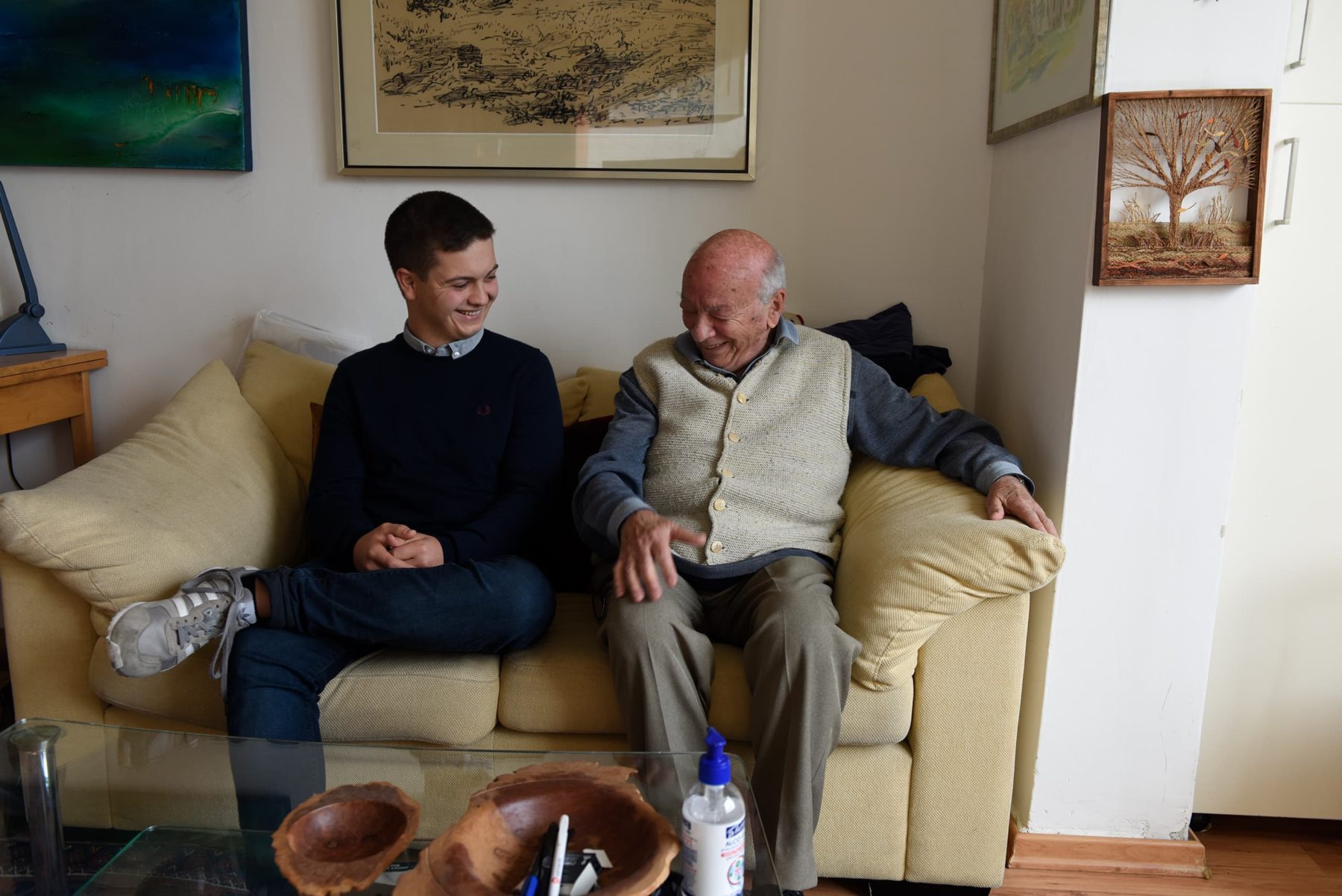
As a volunteer, you visit elderly people in their homes or in care facilities. Your daily activities may include having conversations, going for walks, assisting with household tasks, or accompanying them to doctor’s appointments or for shopping. In some facilities, you may also organize leisure activities, games, and outings for the residents. Through these interactions, you and the elderly individuals learn more about each other, their lives, and their daily routines. It’s an enriching experience for both sides.
Many of the elderly individuals you visit either survived the crimes of the Nazi regime themselves or are descendants of survivors. They were persecuted as Jews or subjected to forced labor. Some of them also survived Stalinist terror. They continue to suffer from the consequences of the violence they experienced, and they cope with these experiences in various ways. Some share their stories as witnesses of history, while others do not.
Many of the volunteer positions are in Jewish communities, nursing homes, or other social institutions such as senior clubs.
Your tasks in this field are quite diverse. You either visit individuals or groups. Some people are still very independent, and you accompany them in their daily lives, while others may no longer be able to perform everyday tasks. In these cases, you may assist with activities like memory exercises, group singing, or helping with meal distribution. Sometimes, you might also perform minor nursing tasks or even handle small maintenance work.
When dealing with elderly individuals, it’s important to bring a lot of patience and sensitivity. Your willingness to engage with their personal histories is also crucial. You don’t need specific prior knowledge, as our partner organization will provide training for all tasks.
Your visits often mean a lot to the people you are assisting. While you may only be able to make small improvements in their daily lives, your visits and conversations are very valuable to them.
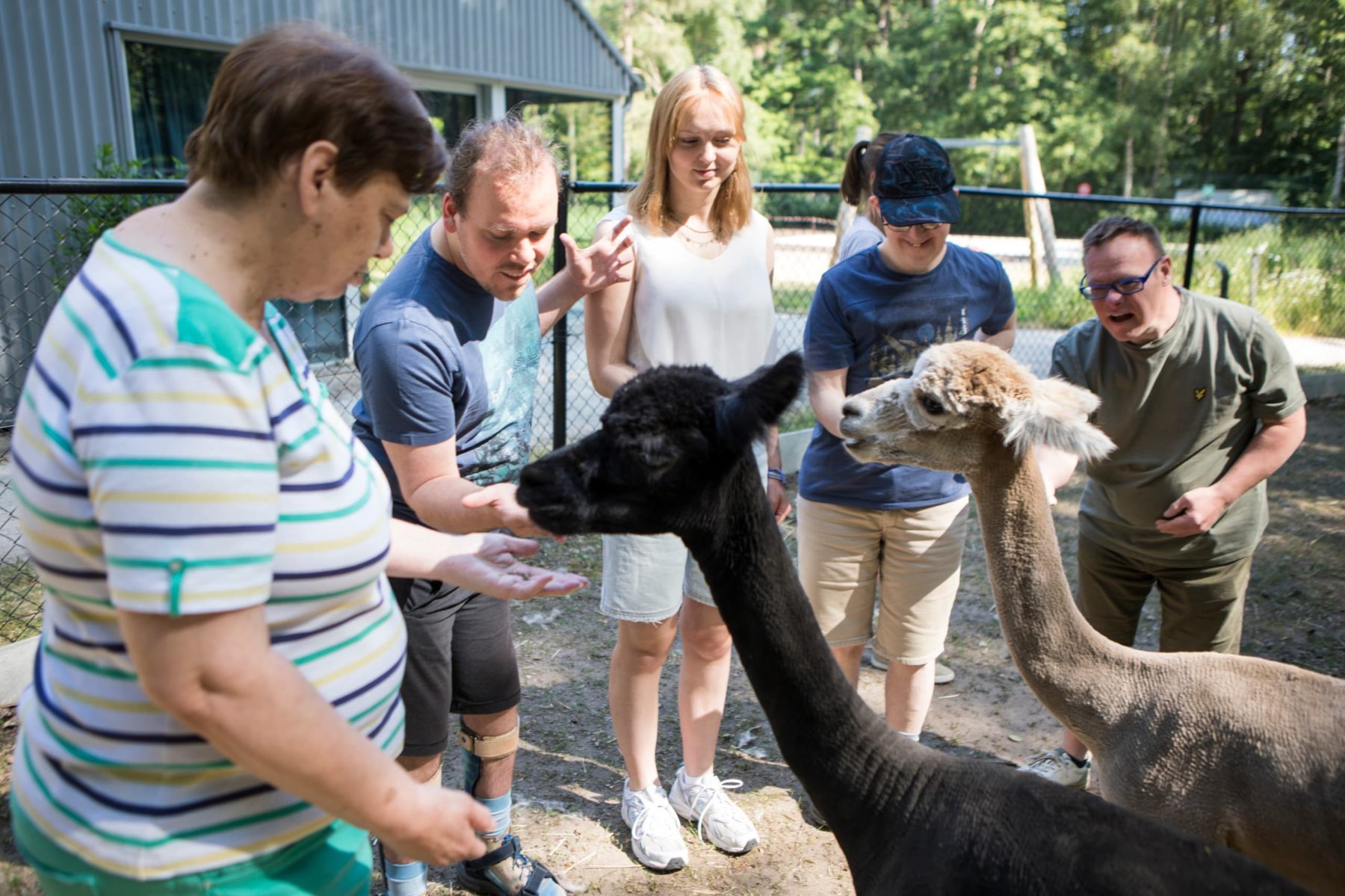
As a volunteer, you accompany people with special needs in their daily lives. Your daily routine can vary greatly and is very diverse. You assist people, but you also learn a lot from them.
At some volunteer positions, people with and without special needs live together in communities. As a volunteer, you become a part of this community. You cook and eat together, engage in activities and outings, and participate in household and gardening tasks. Other volunteer positions are in day facilities, such as schools or residential homes. Here, you assist with teaching or hands-on activities.
In other volunteer positions, volunteers also work with people with mental illnesses. Here, you organize leisure activities and discussion sessions and support individuals in their work in workshops or in the garden.
Enthusiasm, humor, flexibility, and patience are important for this commitment. You don’t need specific prior knowledge, as our partner organizations will introduce you to all tasks.
People with special needs were killed during the National Socialist era and still suffer from discrimination today. ARSP founder Lothar Kreyssig, as a lawyer, protested against these murders. Our goal today is for people with special needs or mental illnesses to be perceived and respected as equals. Your commitment is a small but concrete service for people and this goal.
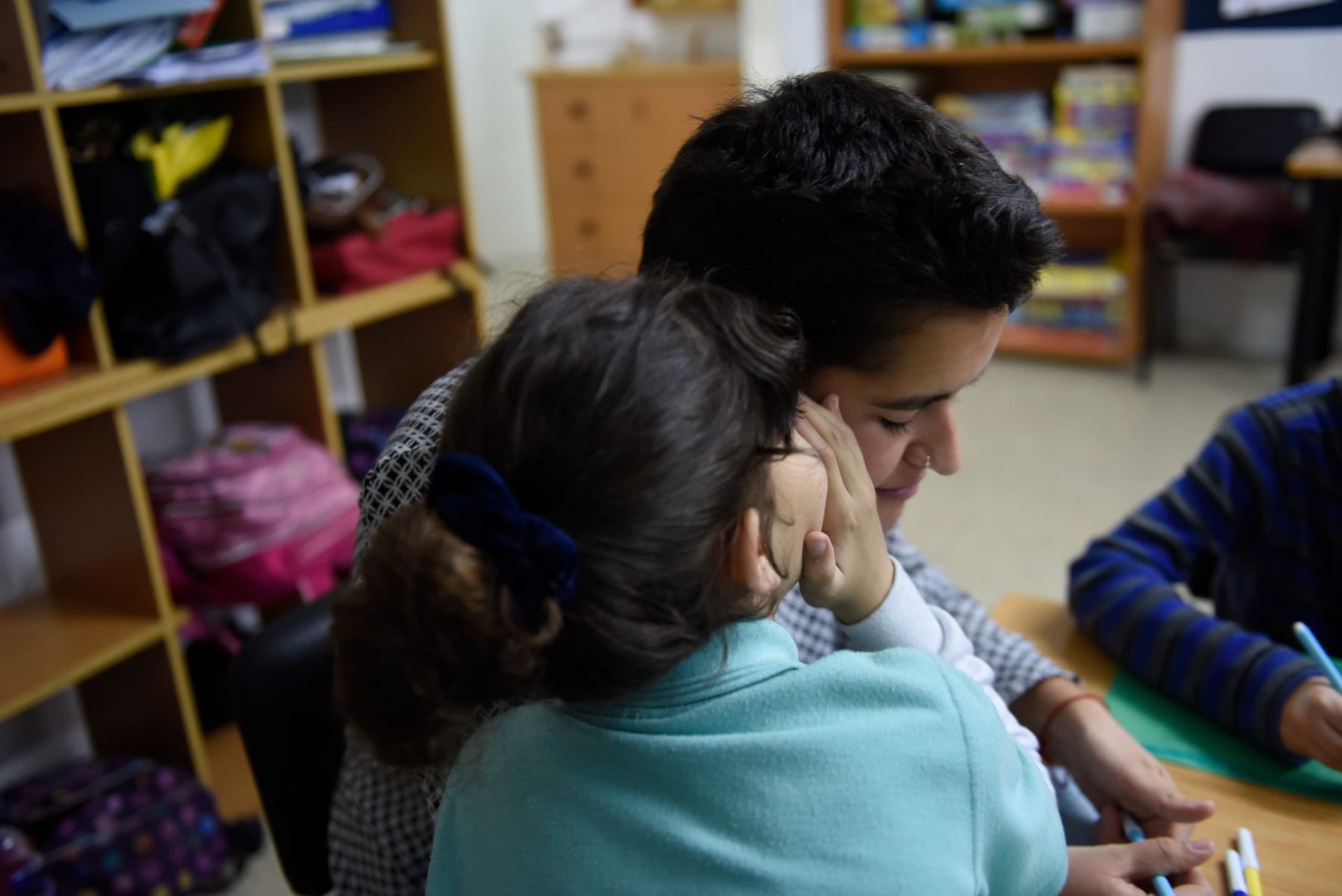
As a volunteer, in this field of activity, you can work with a wide range of partner organizations, engaging with diverse groups of people. For example, you could work in community cafes, neighborhood initiatives, counseling centers, women’s shelters, or youth clubs. During your volunteer service, you might support refugees, children, and adolescents, or work with individuals dealing with drug addiction and homelessness.
Your daily routine will vary depending on your placement, but it will always be diverse and full of interactions. Your tasks may include practical activities like meal distribution or assisting individuals with administrative tasks. Additionally, you may organize recreational and educational activities, engage in numerous conversations, and simply provide companionship and support.
Many people who lived on the margins of society were arbitrarily persecuted during the Nazi regime, often simply because they lacked a fixed place of residence. Today, discrimination against marginalized individuals still exists, which is why ARSP is dedicated to volunteer services for socially disadvantaged people.
To excel in working with socially disadvantaged individuals, you should bring sensitivity and understanding for people with different life circumstances. Are you open to encounters and lots of diversity? If so, engaging in such a volunteer service can be highly enriching.
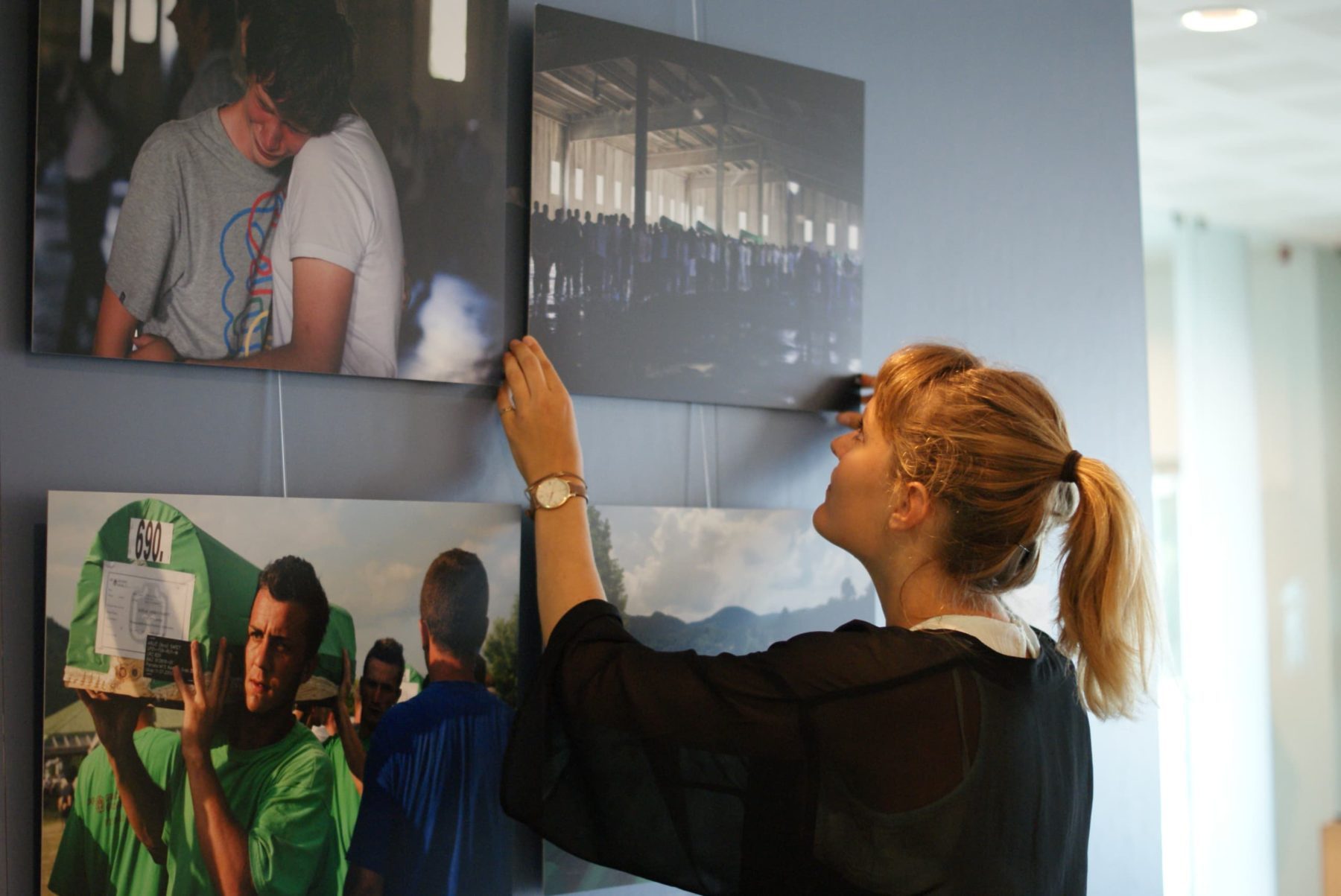
As a volunteer, you work in memorials and museums, research institutes, or archives. You assist with the review, archiving, or translation of historical documents or photos. Alternatively, you might help prepare an exhibition and guide visitor groups. This role involves a lot of interaction and communication with visitors, as well as office work.
Most memorial sites and museums focus on the crimes of the Nazi regime and the stories of the persecuted. However, some partner organizations also delve into Stalinist terror, Jewish history and culture, or Roma culture.
Are you interested in historical topics, research, and communication? Are you also ready to handle daily office tasks and work in a team? In that case, there are many exciting tasks available in this field. It’s beneficial if you bring initiative, independence, and motivation to learn on your own and share your knowledge with others.
Specific expertise is not required. However, for English and French-speaking volunteer positions, higher language proficiency is expected. If you have any questions about this, we are happy to provide guidance.
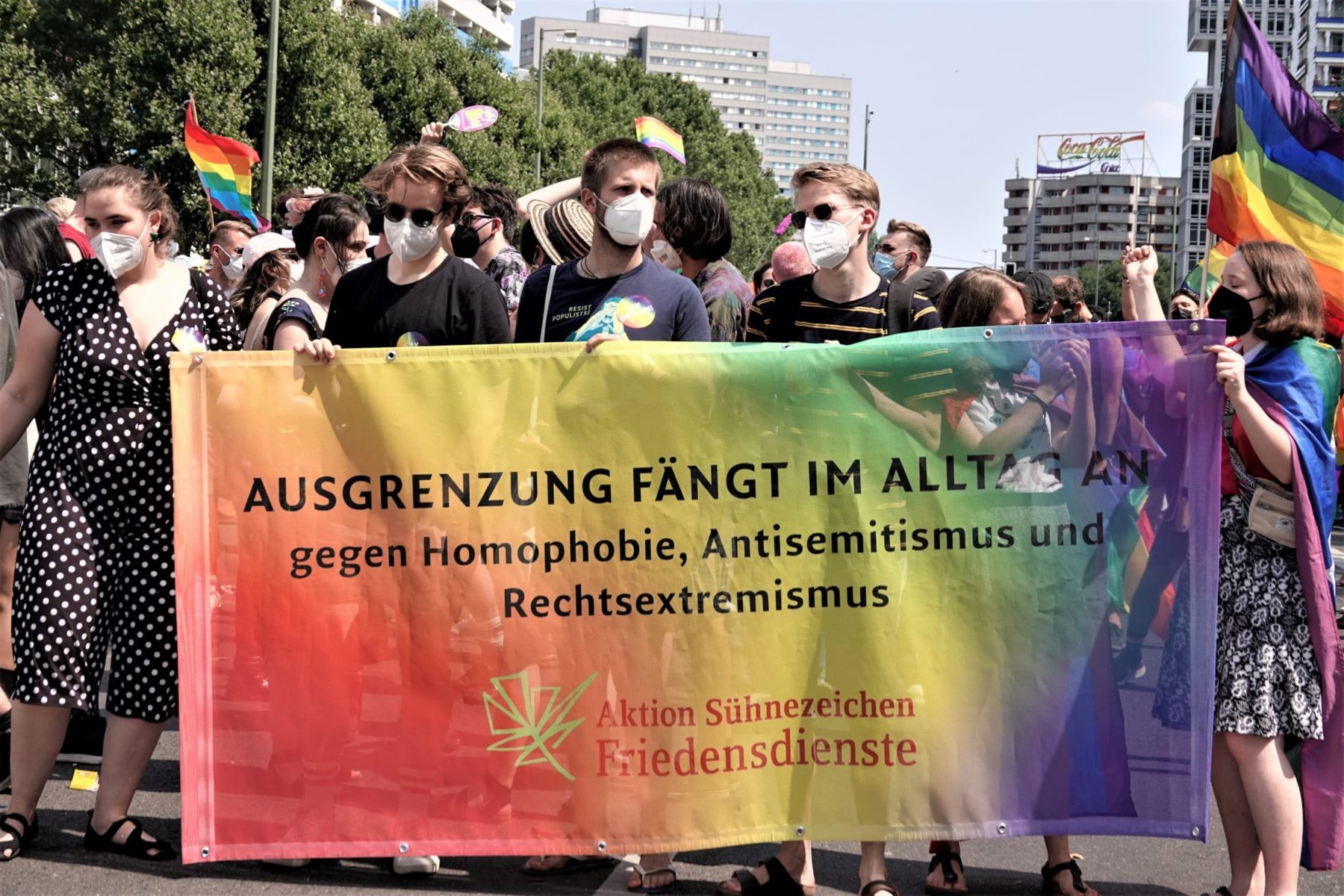
As a volunteer in this field, you engage with various partner organizations on a wide range of societal and political issues: intercultural learning, peace, and human rights, and against discrimination, anti-Semitism, racism, and queerphobia.
You can work in human rights organizations, research institutes, or political initiatives. You assist in compiling and publishing information about right-wing extremism, racism, or anti-Semitism. You organize educational offerings like workshops at schools or manage information booths at events. Sometimes, you also work on exhibitions or the organization of a conference.
In your daily tasks, a significant part involves office work. You might take on responsibilities like translations, writing brief texts, keeping the website and social media up-to-date, or handling inquiries.
Many of the partner organizations have historical connections, such as ties to the history of National Socialism. Are you interested in history and political topics? Are you also willing to carry out everyday office work and collaborate within a team? If so, there are many exciting tasks available in this field. It’s beneficial if you bring initiative, independence, and motivation to learn independently and share your knowledge with others.
Specialized expertise is not necessary. However, higher language proficiency is required for positions that are English or French-speaking. If you have any questions, we’d be happy to provide guidance.
“During my volunteer year, I was able to gain new perspectives, get to know myself better, and contribute to other people and memorial culture. In my everyday life, I encountered new people and small challenges that helped me grow. I became part of a team with my own tasks and responsibilities. This is an experience that leaves a lasting impact and helps shape the path you choose to take afterward.”
2022/2023 ASF Volunteer at the Jewish Museum Belgium in Brussels
Services and Sponsor Group
ASF places great importance on providing good on-site support and an engaging seminar program for the volunteers. ASF takes care of travel arrangements, accommodation, a stipend, and insurance. You won’t have to pay any participation fee for the year; instead, you’ll build a support network of people who will assist and accompany you throughout the year.
How does ASF support me?
Networked Engagement
With ASF, you can engage socially, politically, and historically, gain valuable international experience, and meet many wonderful and interesting people.
You won’t go abroad alone but will become part of a lively group of committed and mostly young individuals. You’ll have a lot of contact with them during your year abroad – even across borders.
You can find more information in the mission statement for ASF volunteer work.
Support and guidance on-site
We accompany and support you in the preparation and implementation of your volunteer service with dedicated local experts – the country directors. They also assist you with practical questions or problems.
In addition, the coordinators for volunteer work at the ASF office in Berlin are available to you as contacts (you can find all contacts here).
Exciting ASF Seminar Program
All ASF volunteers participate in accompanying seminars during their service. In our seminars, you can exchange and consult with other volunteers about your experiences in the host country and at your placement. Furthermore, you will delve into many interesting historical, political, and social topics. Central to these seminars are questions about the relationships between your host country and Germany, especially the impact and consequences of Nazi crimes on present-day life and our current relationships. Another focus of our seminars is (family) biographical work, including research and an exploration of life stories. This allows you to undertake your own family biographical or local historical research.
Here you can find more information about the seminars and the course of your volunteer year.
Proven Quality
ASF has held the QUIFD quality seal for the excellent support of volunteers since 2004. We highly value the effective guidance of our volunteers and their meaningful and sustainable engagement at established partner organizations. To ensure this, we have knowledgeable ASF contacts on-site. Our volunteers can prepare for their volunteer year through an extensive seminar program, reflect on it during their service, and gain deeper insights into the history of their host country.
What services do I receive from ASF?
Preparation for the year abroad
We will provide you with lots of helpful information for preparation starting in April and connect you with current volunteers.
As part of your preparation, we offer you the opportunity to participate in an ASF memorial site visit or an ASF summer camp.
We will support your language preparation with up to 150 euros.
Traveling Charges
We handle the costs of your journey to your host country and, at the end of your service, your return to Germany.
We reimburse your travel expenses for the ASF seminars during your volunteer service.
We assist you in obtaining necessary visas and reimburse you for visa fees.
Housing
Together with our partners on-site, we provide free accommodation (including heating and energy costs, and usually also internet).
Many of our volunteers live in single rooms in shared apartments, with host families, in student dormitories, or directly in accommodations provided by partner organizations, such as life communities. At some locations, two volunteers may share a room.
When volunteers search for their accommodations themselves, they receive support from project partners and local representatives.
Often, volunteers take over the rooms of their predecessors, along with helpful tips for living in the area.
The furnishings of the volunteers’ accommodations are often very basic. Apartment amenities are frequently limited to the essentials: a bed, table, shelf, chair, and basic kitchen equipment. Not all accommodations have washing machines, so volunteers may need to use laundromats if necessary.
Livelihood
Together with our local partners, we ensure your pocket money or meals.
Pocket money and meal allowances are based on local costs and allow you to live a simple, independent life.
Insurance Package
We arrange an insurance package for you. It includes international health insurance, accident insurance, and liability insurance. In addition, we insure you with the statutory accident insurance of the professional association VBG for accidents during your service. This ensures that you are well covered during your volunteer year.
Participation in ASF Seminars
We accompany you during your voluntary service with an exciting seminar program including excursions and workshops. We cover the costs for the program, accommodation, and meals.
Patenkreis - Your Sponsor Group During Your Volunteer Year
What is a Spnsor Group?
We ask you to establish a sponsor group (Patenkreis). Ideally, your support network consists of 20 people, each contributing 20 euros per month to support you throughout your volunteer year.
Among these individuals, there can also be people who donate more or less per month. To ensure the sustainability of our services, it is important that your sponsor group raises a total of 4,800 euros in donations over the entire year.
.
Why are sponsorships needed?
A volunteer service abroad can cost up to 1,500 euros per month. This corresponds to the benefits provided by ASF for your volunteer service (see the left column).
Sponsor groups are a model of solidarity. We ask all volunteers to engage in building a support network, regardless of their future position and funding program. ASF places particular emphasis on providing good support to volunteers in the host country and offering a strong seminar program. ASF covers all the associated costs. The support networks are necessary to ensure that we can carry out and support our volunteer services overall with good quality.
With the help of your supporters, on average, up to one-quarter of the costs for ASF volunteer services can be secured. To cover the remaining costs, ASF submits applications to various foundations, Protestant regional churches, and communities. ASF also submits applications to the Federal Ministry for Family Affairs, Senior Citizens, Women and Youth for the “International Youth Voluntary Service” program and to the EU for the “European Solidarity Corps” (ESC). Together, in solidarity, we secure the financing for your year abroad.
How do my sponsors support me?
Your sponsors typically support you with a monthly contribution of 20 euros. They also accompany you throughout your volunteer year: you stay in touch with them during your service and share your work and experiences with them, including two reports from your volunteer year. They are not just donors; they advise and support you during your time abroad. They gain firsthand knowledge of the significance of your voluntary work and can pass this on, making your sponsors very important for ASF’s public relations.
How much is a sponsor's contribution?
Typically, you will find 20 people who support your volunteer year with a monthly contribution of 20 euros each. However, you can also raise the necessary total of 4,800 euros with fewer sponsors if people in your network make larger donations. It’s also possible that some people in your network contribute larger donations while others provide smaller ones. You have flexibility in how you organize your sponsor circle.
People can become part of your sponsor circle with a minimum of 10 euros per month or a donation of at least 120 euros, and they will receive additional information from ASF.
It’s also possible to distribute the total amount among many more people, for example, by starting a crowdfunding campaign. In this case, you collect the donations yourself and transfer them to ASF collectively.
By the way, every additional donation euro helps secure our volunteer services and activities, so feel free to collect more than the 4,800 euros.
What do my sponsors receive during the volunteer year?
You thank your sponsors by sending them two reports from your year abroad. Upon request, all sponsors receive the ASF magazine “zeichen” and, if interested, additional ASF materials and invitations to ASF events. This way, we raise awareness about our shared mission and commitment to a wider audience.
Sponsorships for individual volunteers can be taken over here.
Are sponsorship contributions tax deductible?
Sponsorship contributions, like all donations, are generally tax-deductible in Germany. ASF issues donation receipts for donations of 50 euros or more, which are automatically sent out at the beginning of the following year.
How do I find my sponsors?
For you, this might be a challenge: you have to approach people and ask them to support your commitment. But don’t worry, most of our volunteers do this very well. And it’s even fun to tell other people about your planned voluntary service. Convincing people of your intentions and reporting on it is an important experience that can also benefit you later on.
You will surely find people in your environment who find your voluntary service worth supporting: relatives, friends, teachers, sometimes even entire schools or school classes, pastors or church communities, representatives and mayors, sports clubs, or groups you are active in. You can also attract sponsors through an article in the local newspaper, notices in the community center, or neighborhood forums.
What is the application and volunteer service process?
What is a volunteer year like and how can you prepare for your volunteer service?
If you come from another country than Germany you can apply for the international volunteer programme in Germany. Please find all information here.
Application
- Summer/fall of the previous year: Find out more about volunteering #withASF: on social media and this website or at our digital info events. Feel free to contact us directly – our info office is happy to answer any questions.
- November 1: Usually, our application deadline is at the beginning of November. Sometimes we also extend the deadline. The best way to find out is to check this website. If you have problems with submitting all documents in time, please contact our info office.
- December: After you have submitted your application, you will receive a message in December whether we can offer you a place on one of our digital info and selection seminars.
- January: Our information and admissions seminars take place online and last three days (Fri. – Sun.). Together we can discuss your questions and interests. This way you can decide if an ASF volunteer service is right for you and which wishes you have for certain fields of activity and countries.
- February: In mid-February we can offer you a concrete position in one of your desired countries, or a place on our waiting list. In the following weeks, experience shows that there is still a lot of movement and we place further positions with applicants on the waiting list.
- March: In March we will sign a service contract with you. Then your decision for a volunteer service should be sure and binding.
Volunteer year
- Summer: In order to be well prepared for your volunteer year, you will learn the local language during the summer (see: Language Preparation) and do an internship of at least two weeks in the social sector. Optionally, you can also participate in a memorial trip or an ASF summer camp. You will also build up your group of sponsors.
- September: At the beginning of your volunteer service, you will take part in an outbound seminar lasting several days. You will get to know your fellow volunteers and ASF better and prepare yourself for the topics and tasks of the volunteer year.
- September: Immediately afterwards, you will travel to the country together with your fellow volunteers. During the orientation days you will learn more about the history and language of the country and get to know your local ASF contact person.
- During your volunteer year you will take part in three seminars in the country with your fellow volunteers. Here you will exchange your experiences, learn more about the country in workshops and excursions and deal with your family history.
- After your volunteer year: Two to three months later, a return seminar takes place in Germany. Here you can exchange ideas with volunteers from other countries and find out where you can continue your involvement with ASF.
